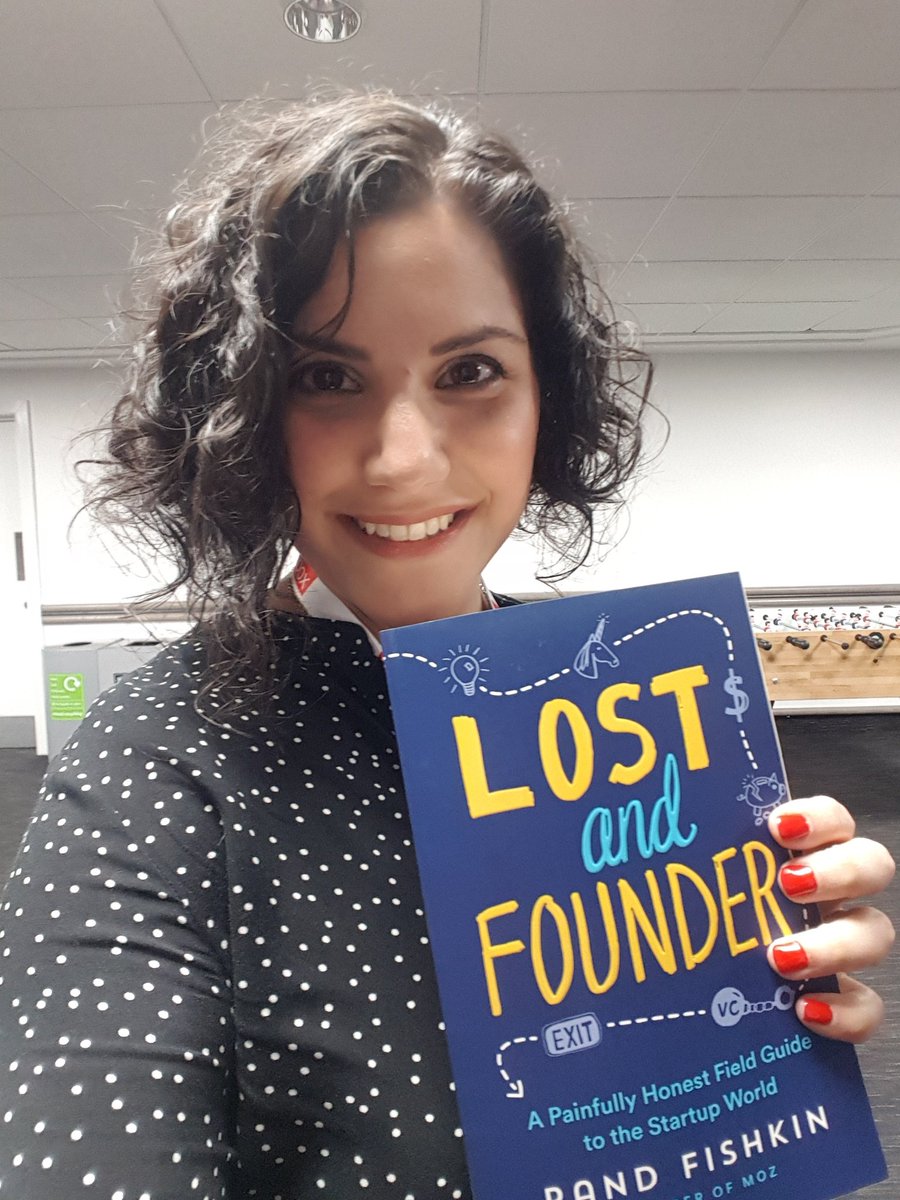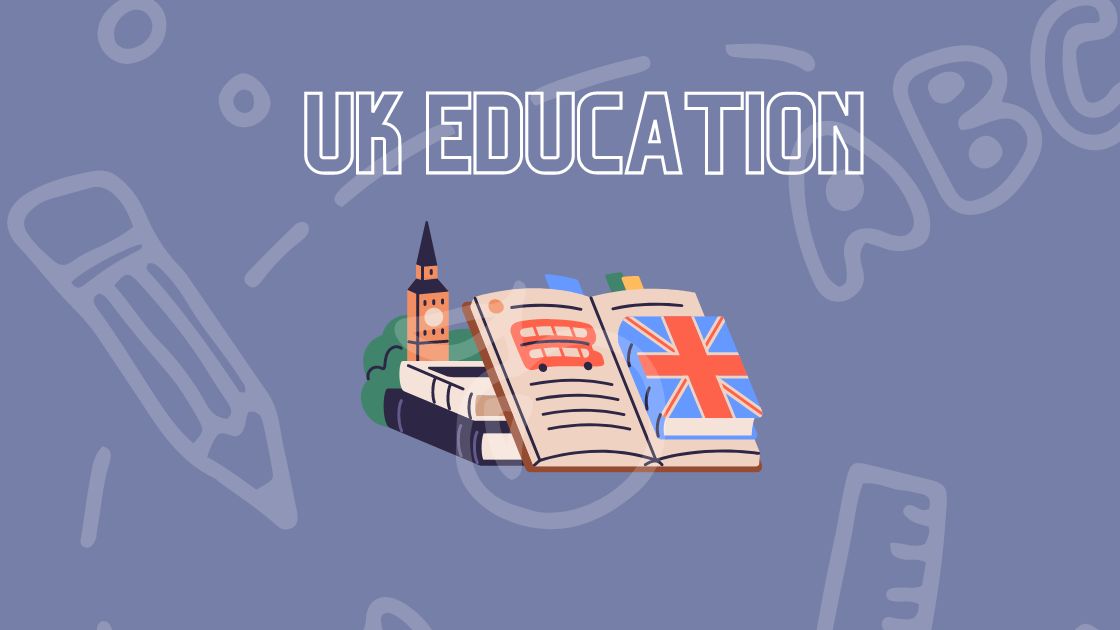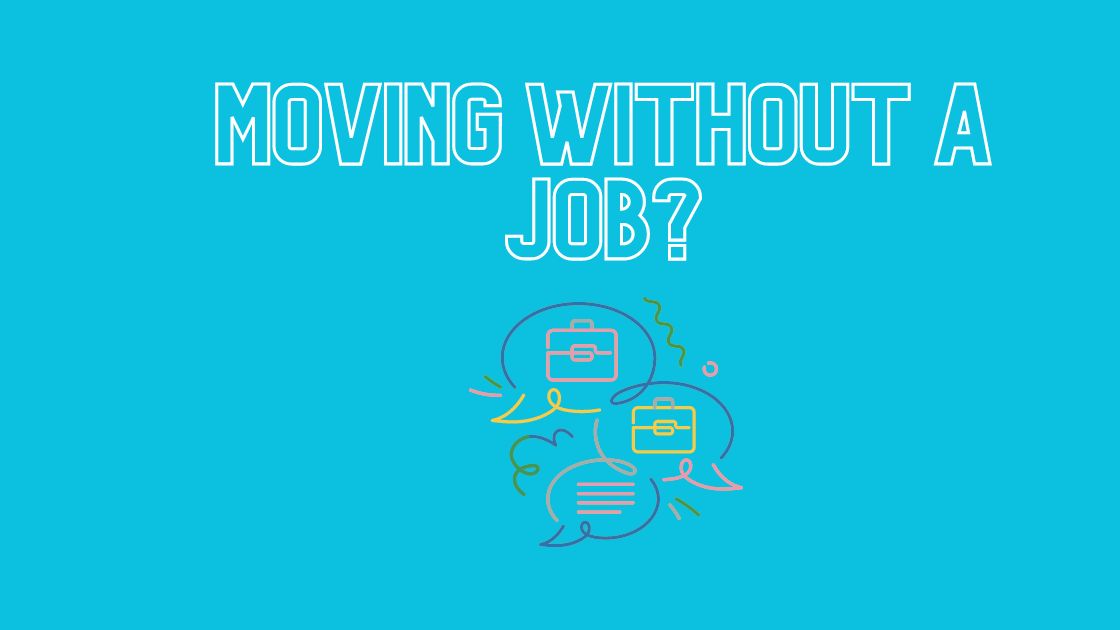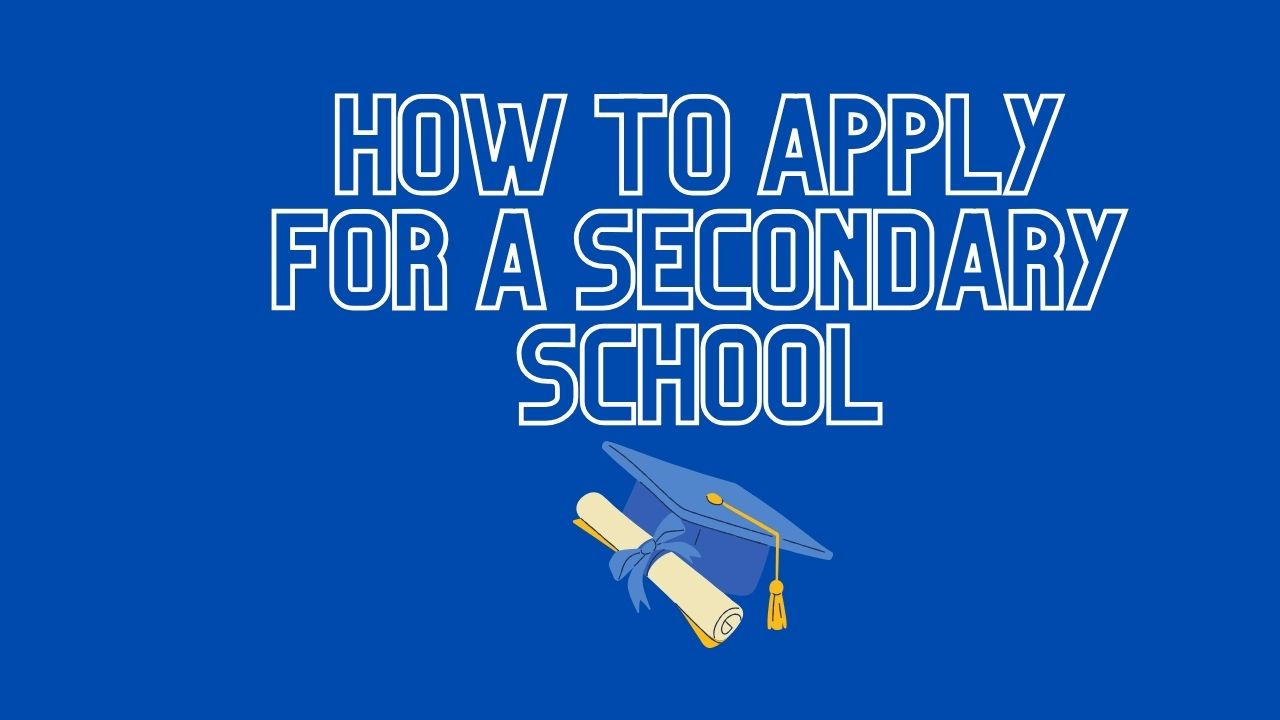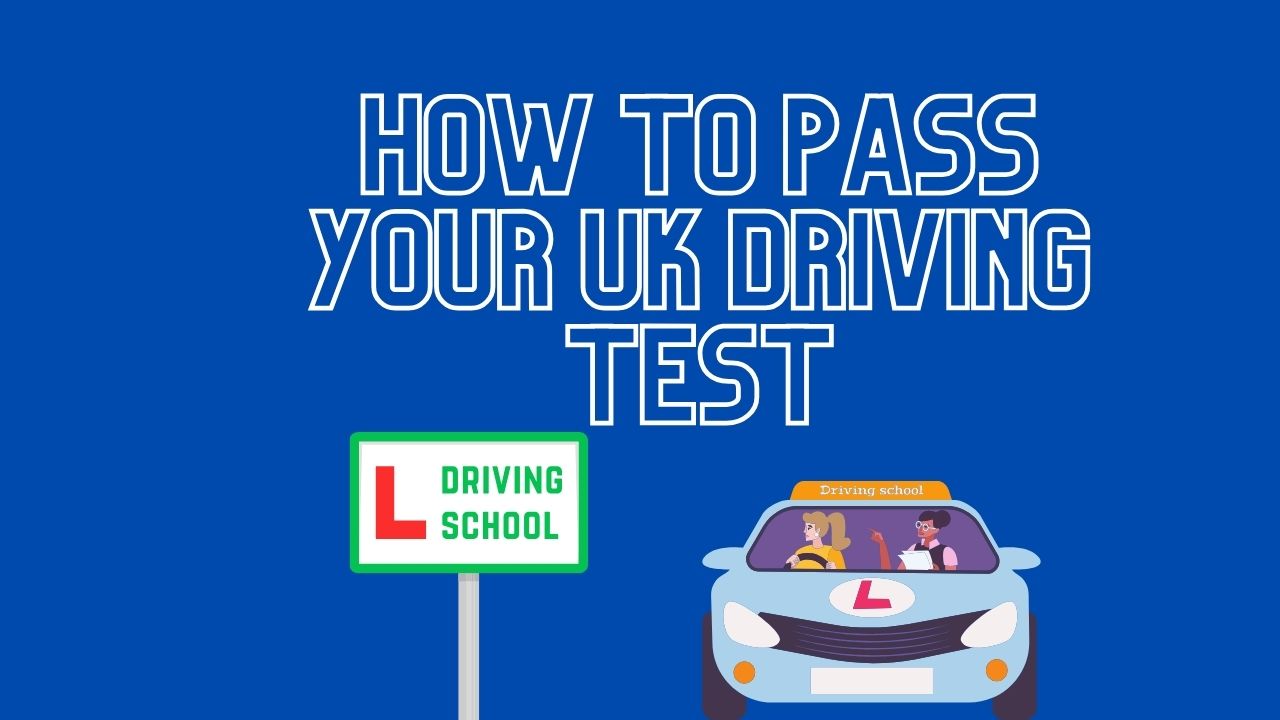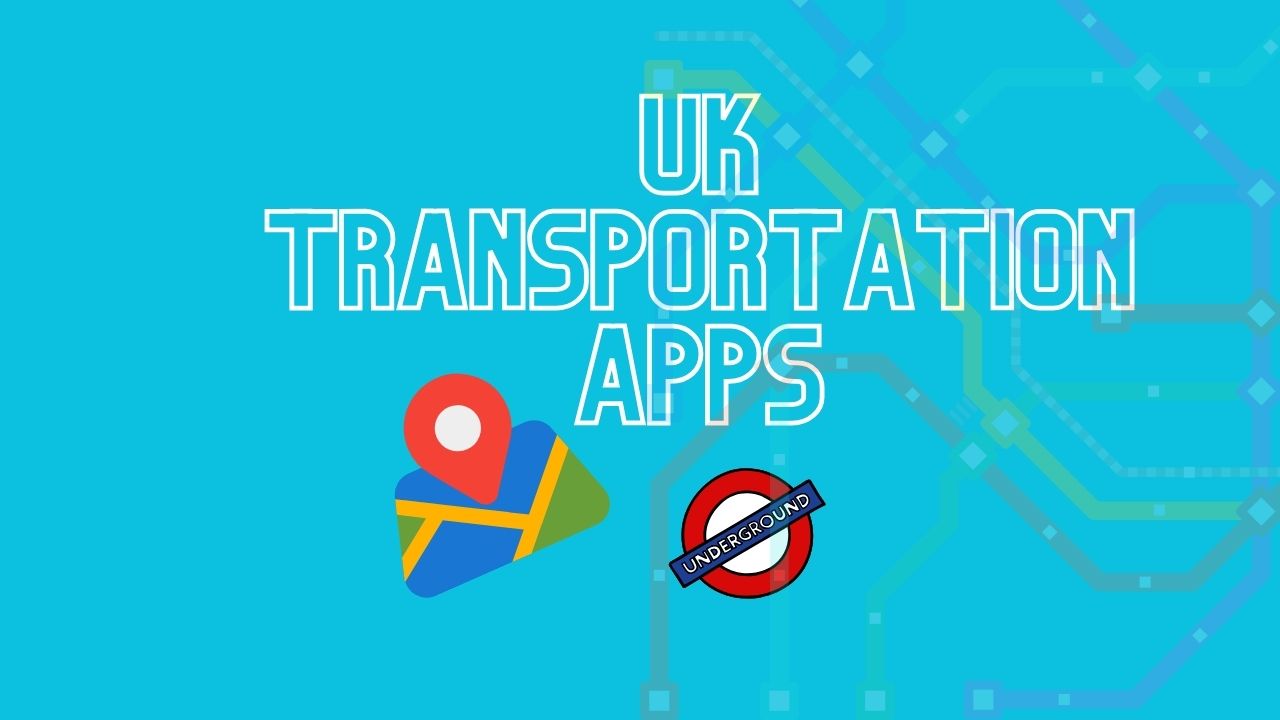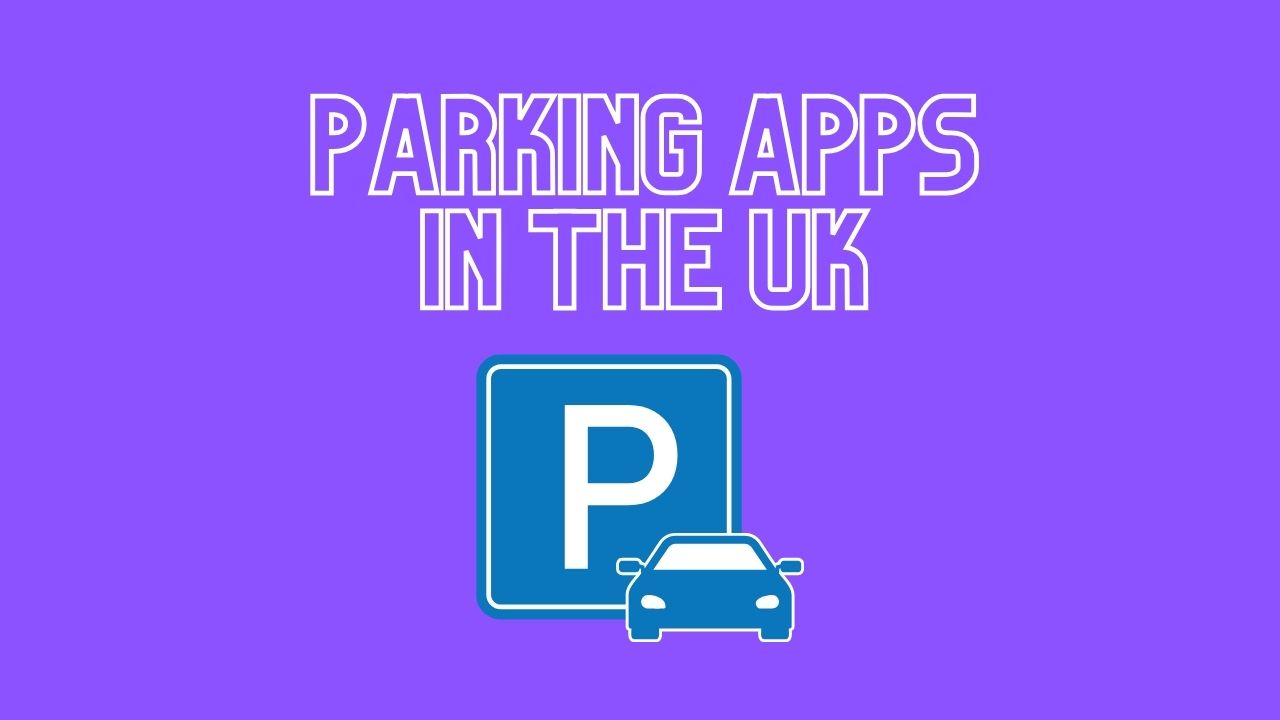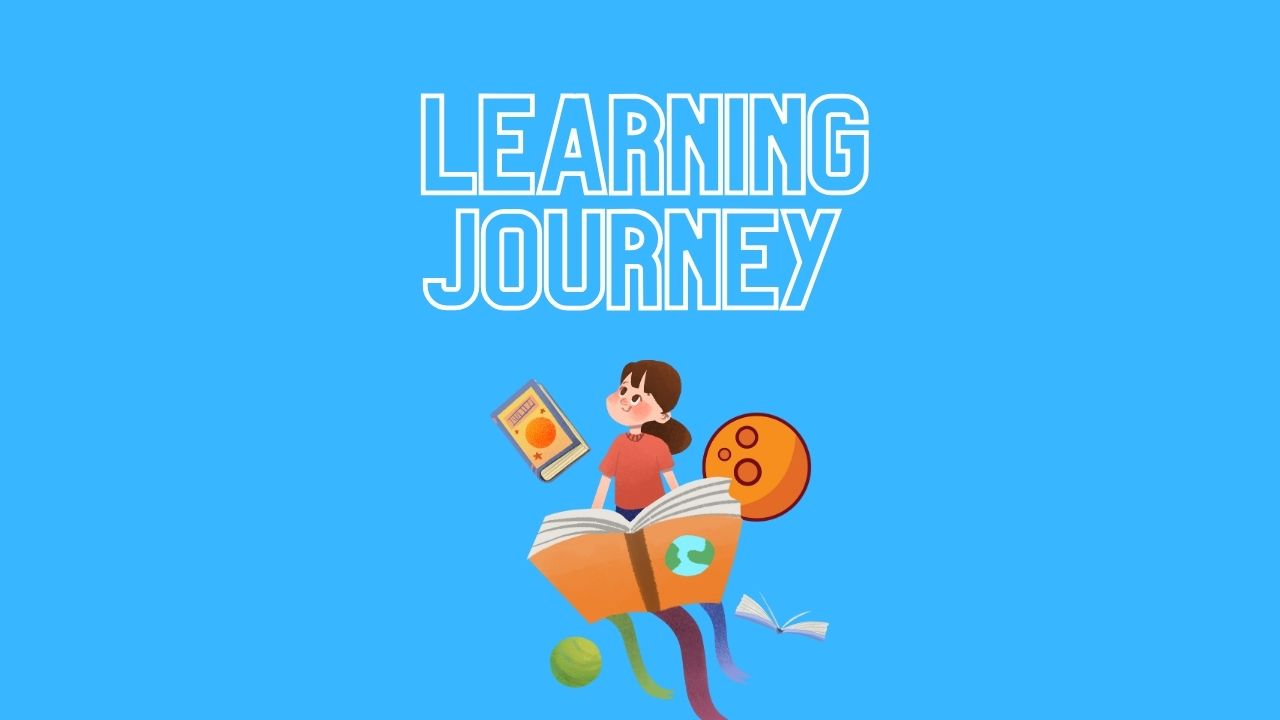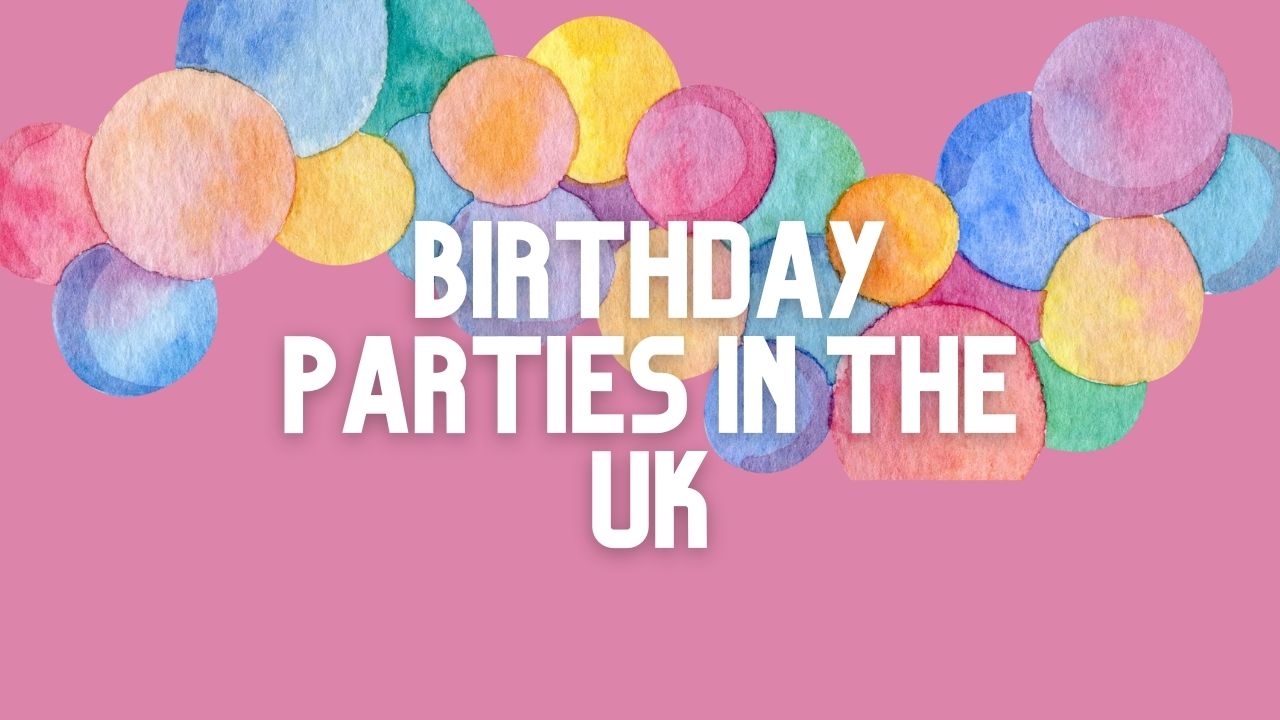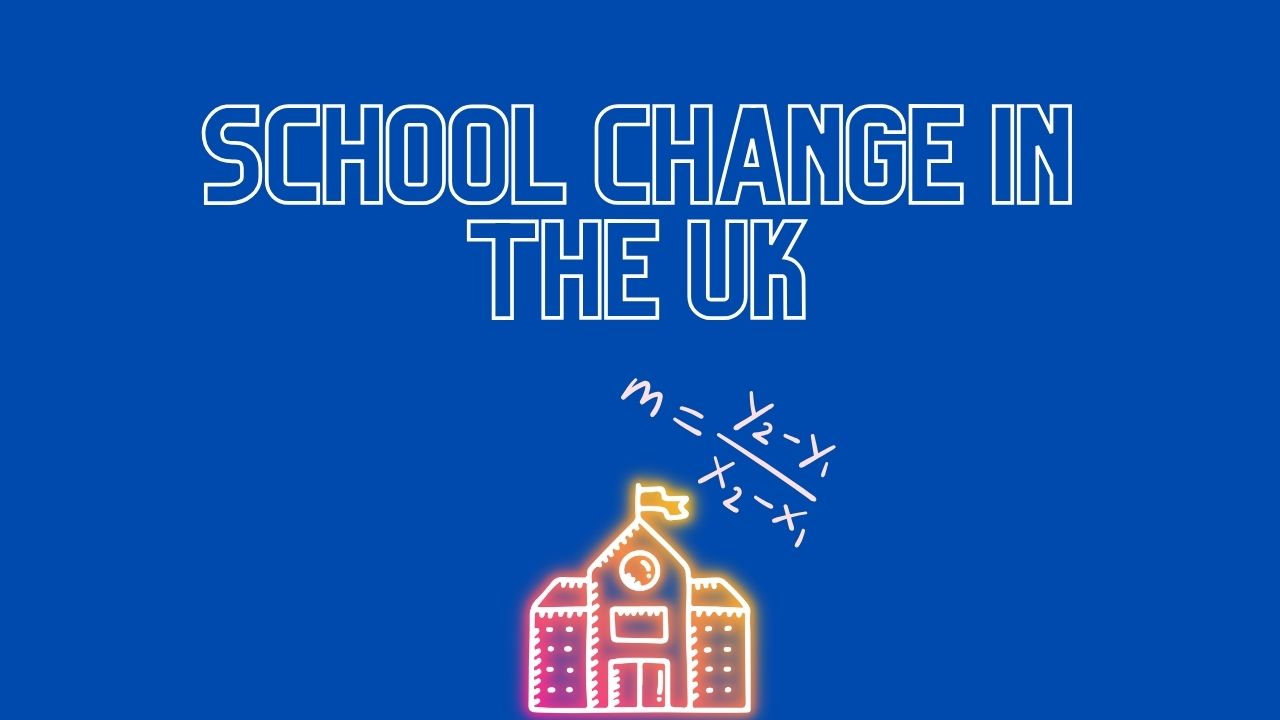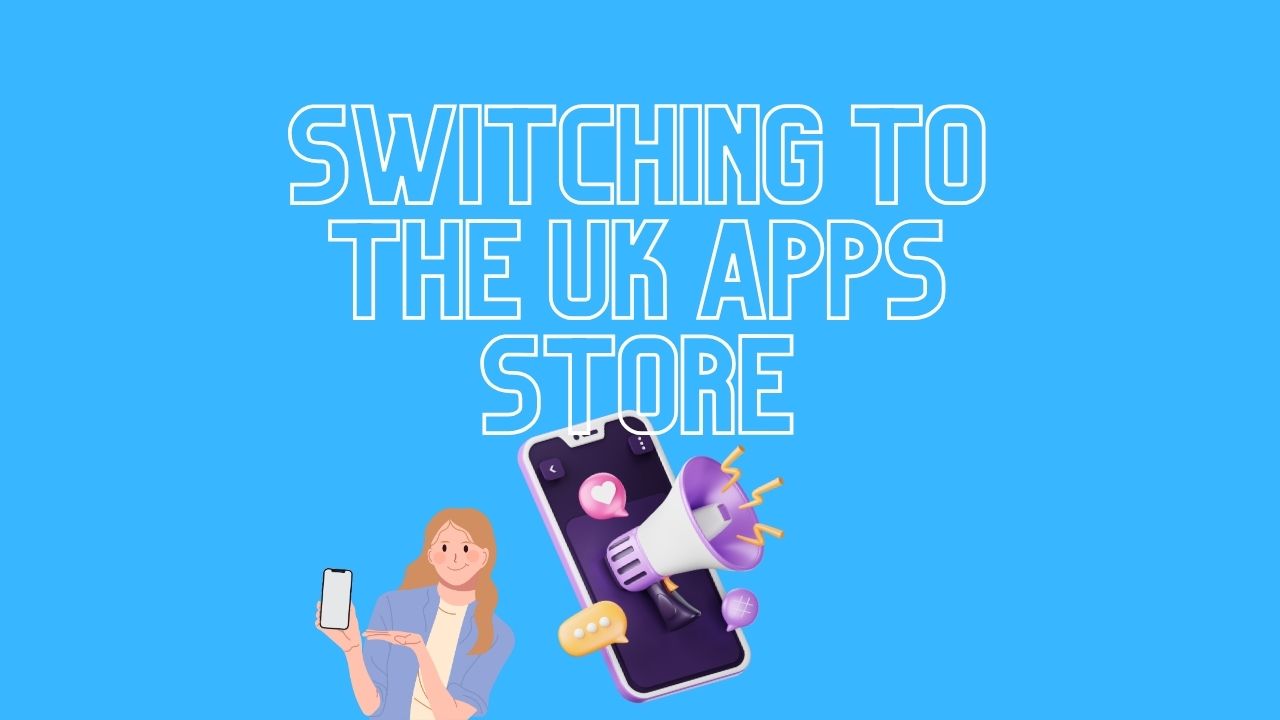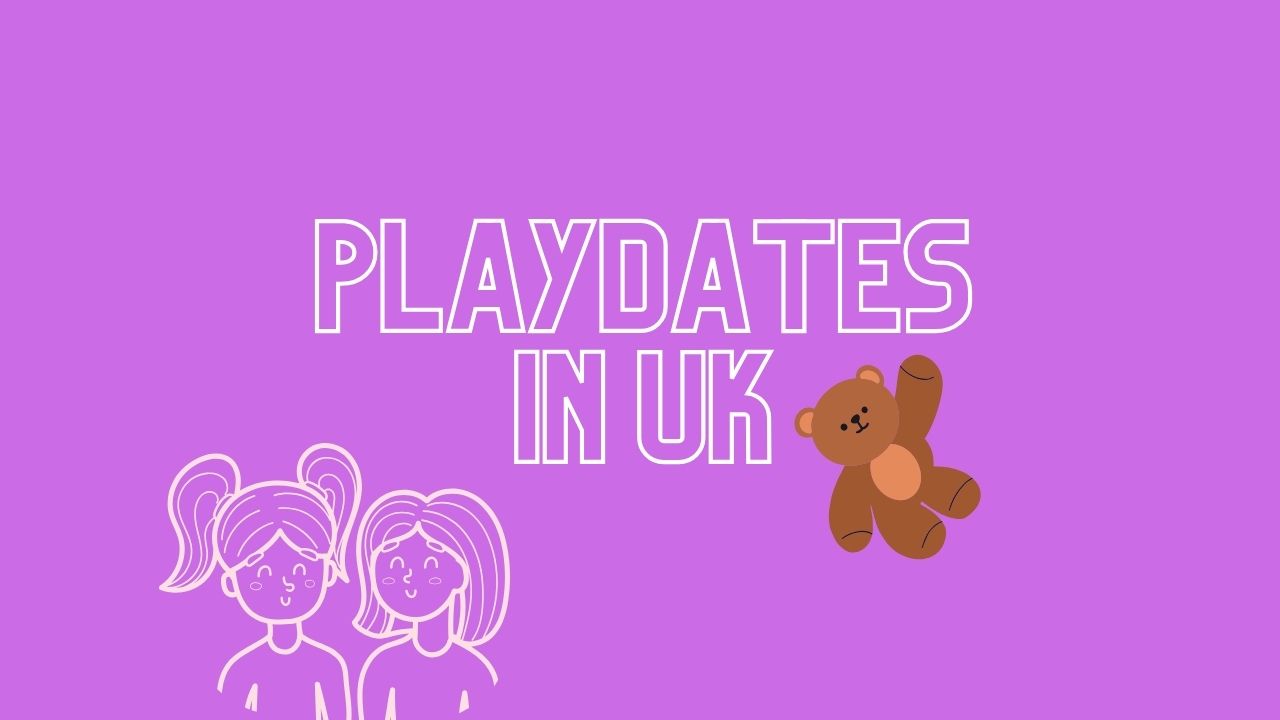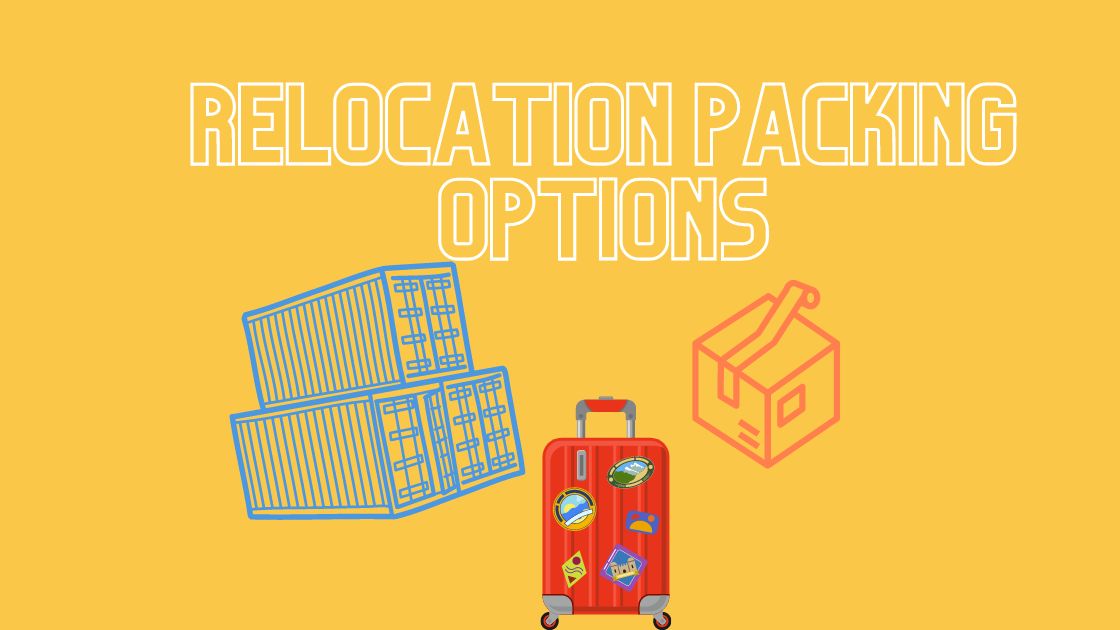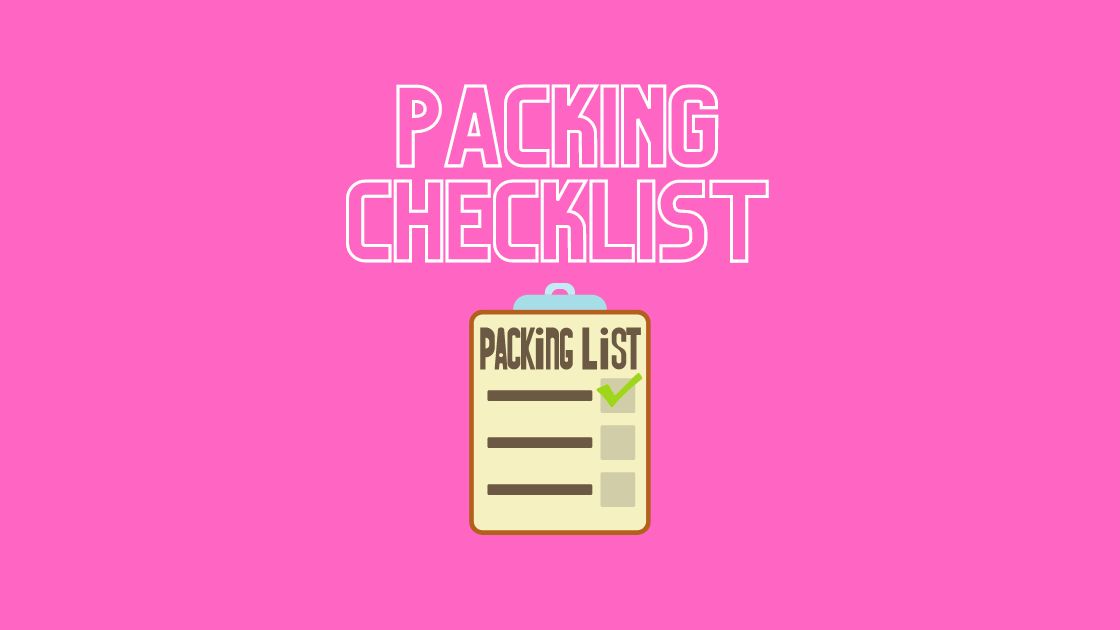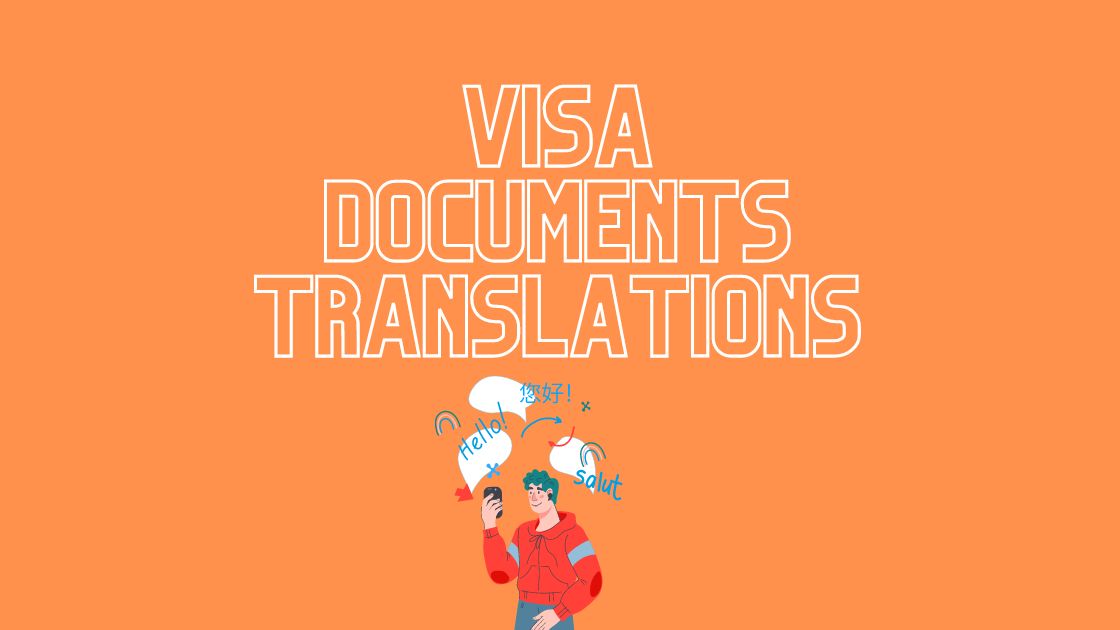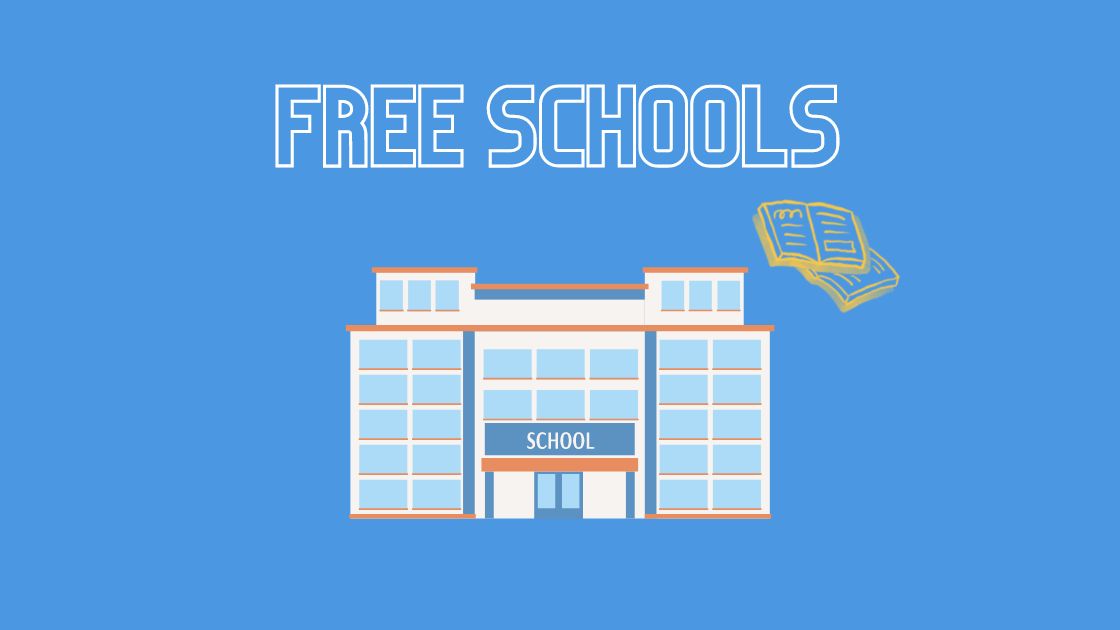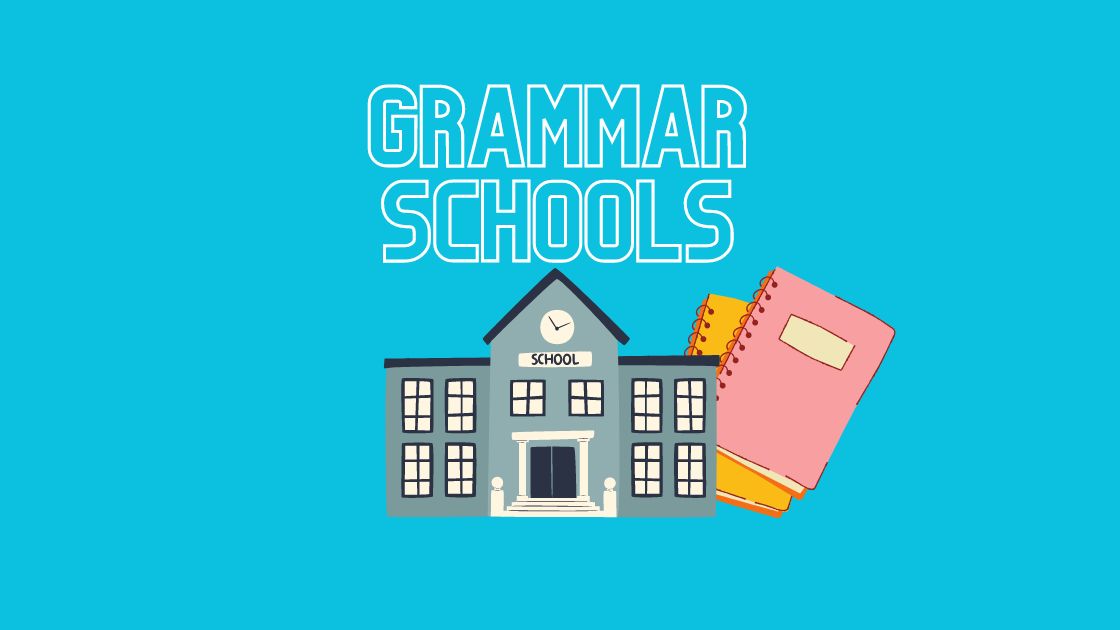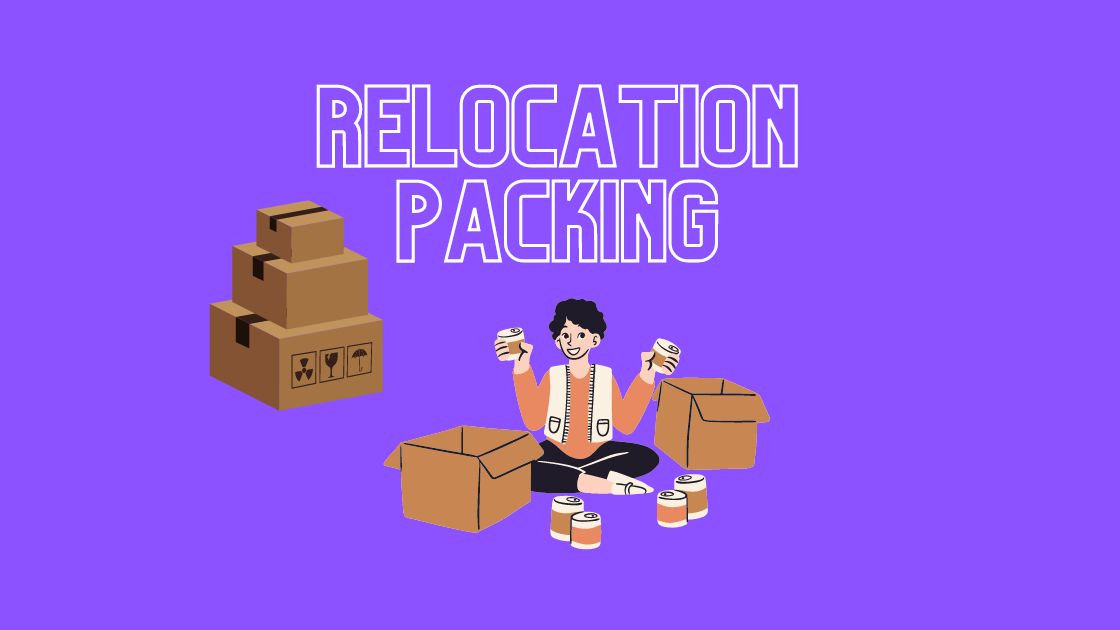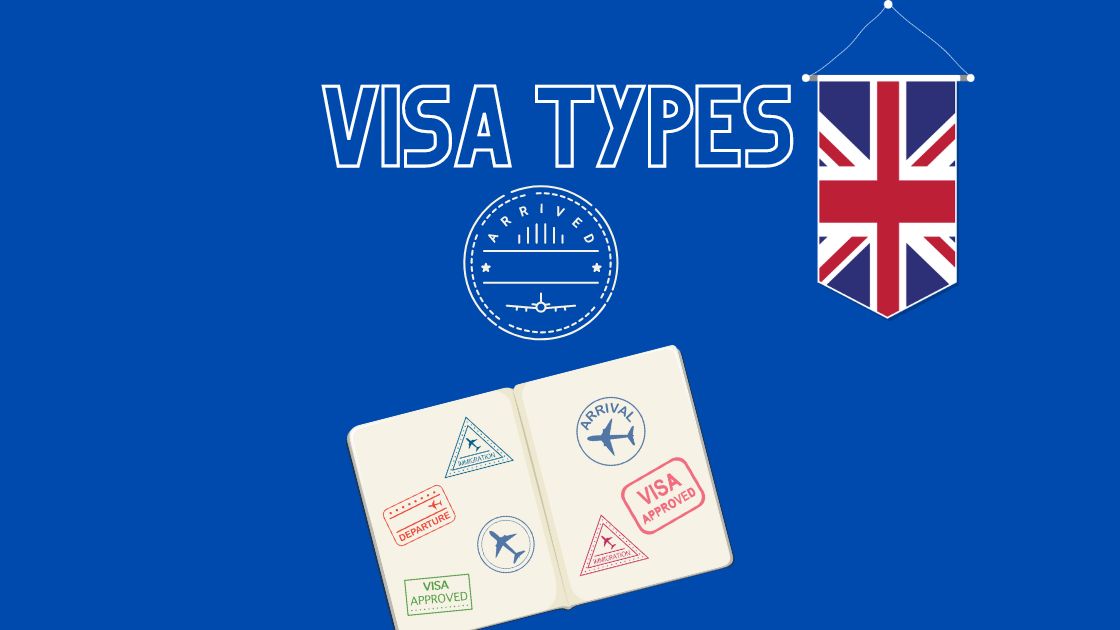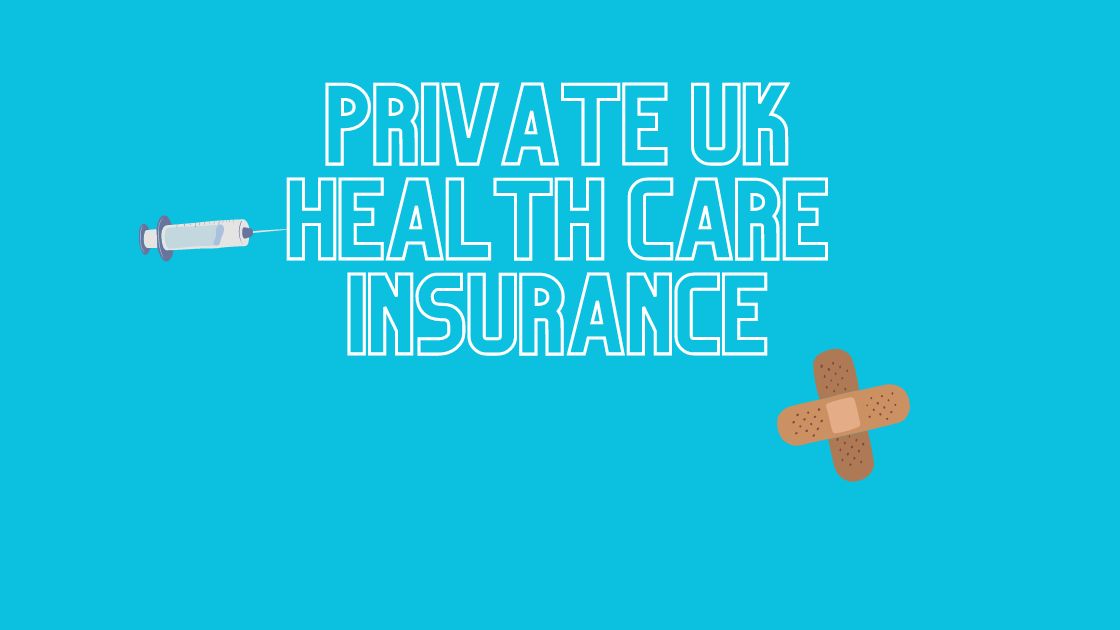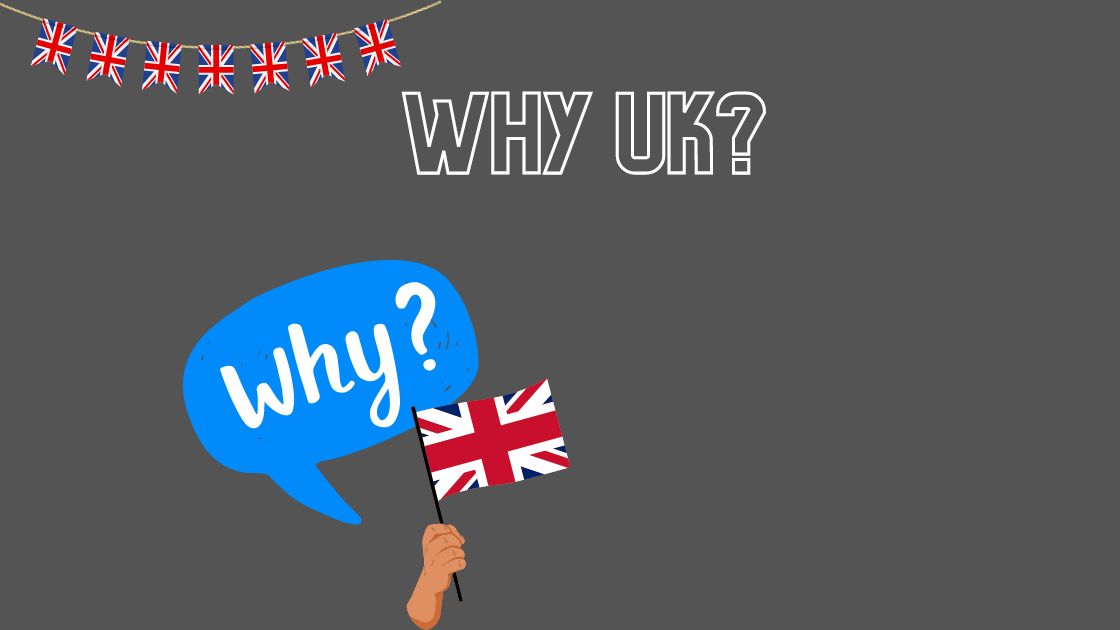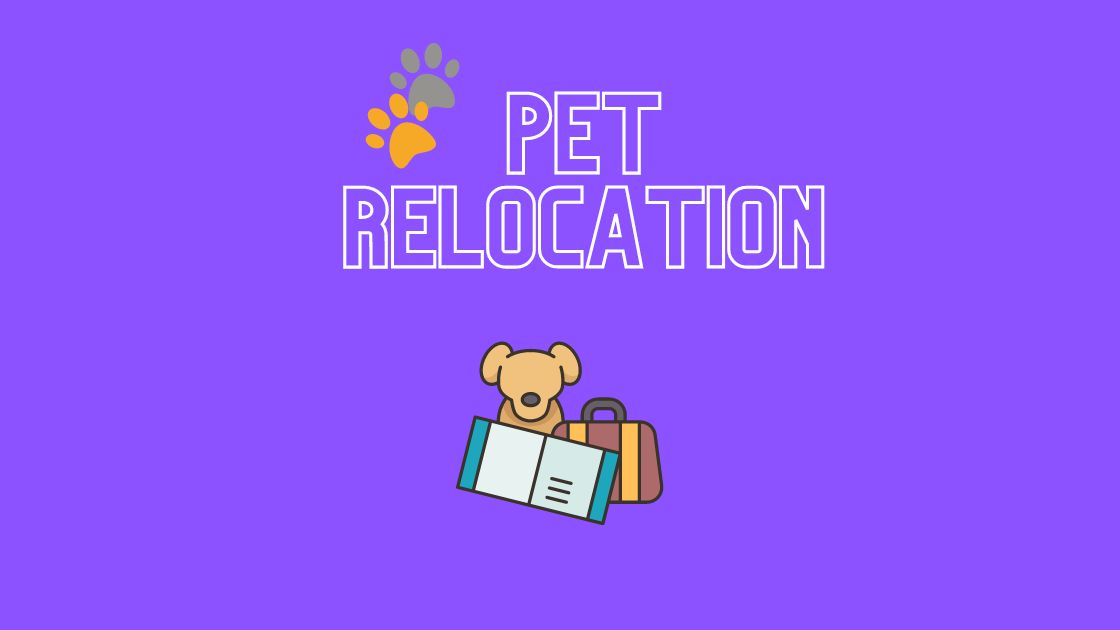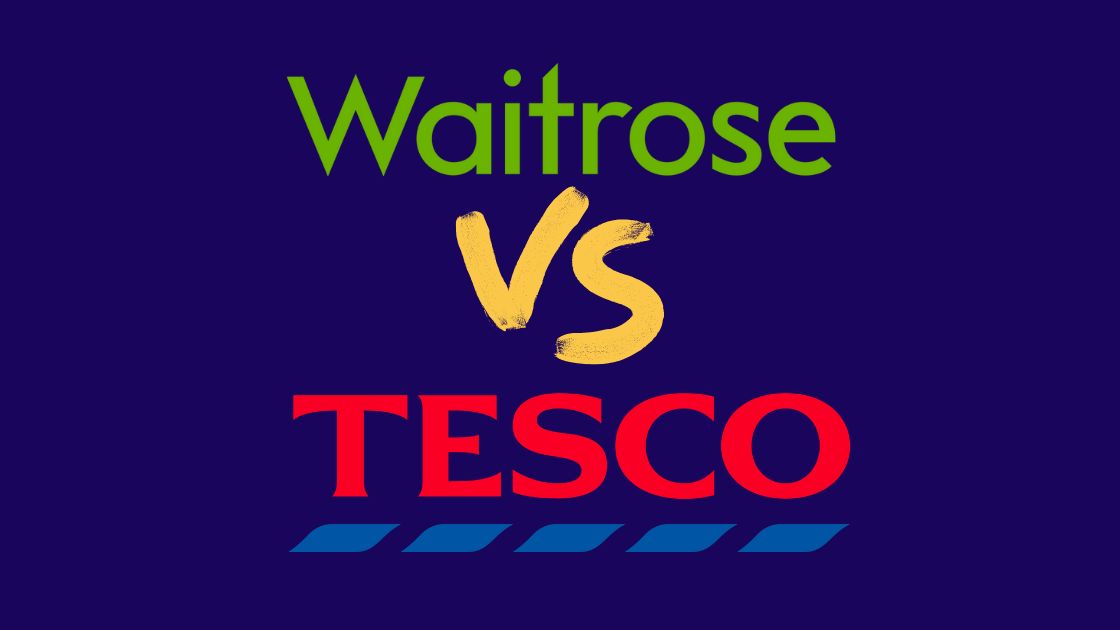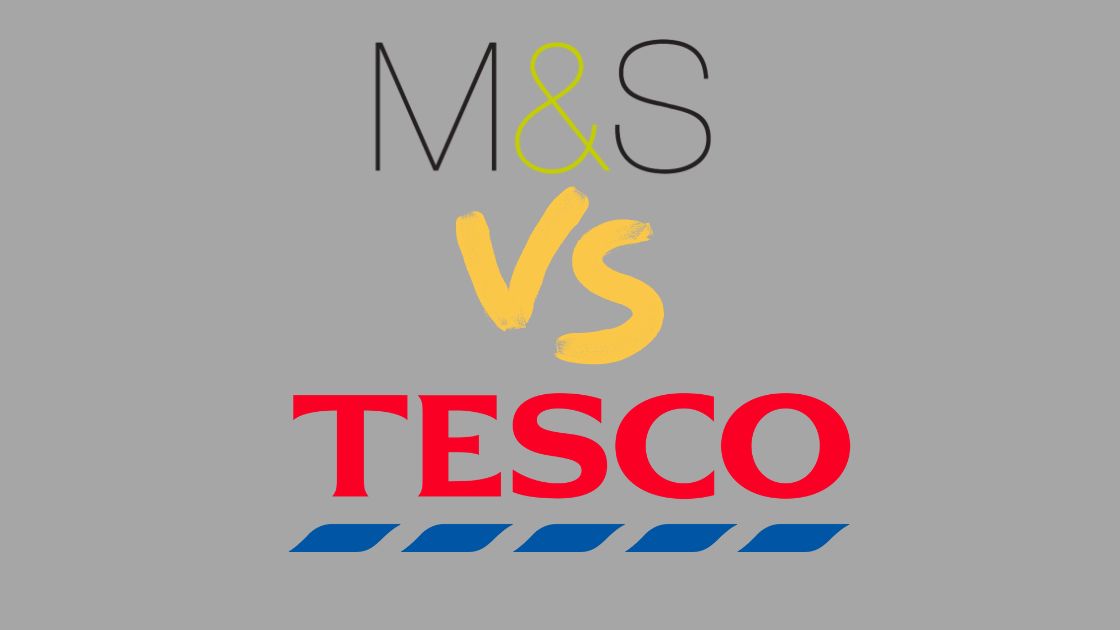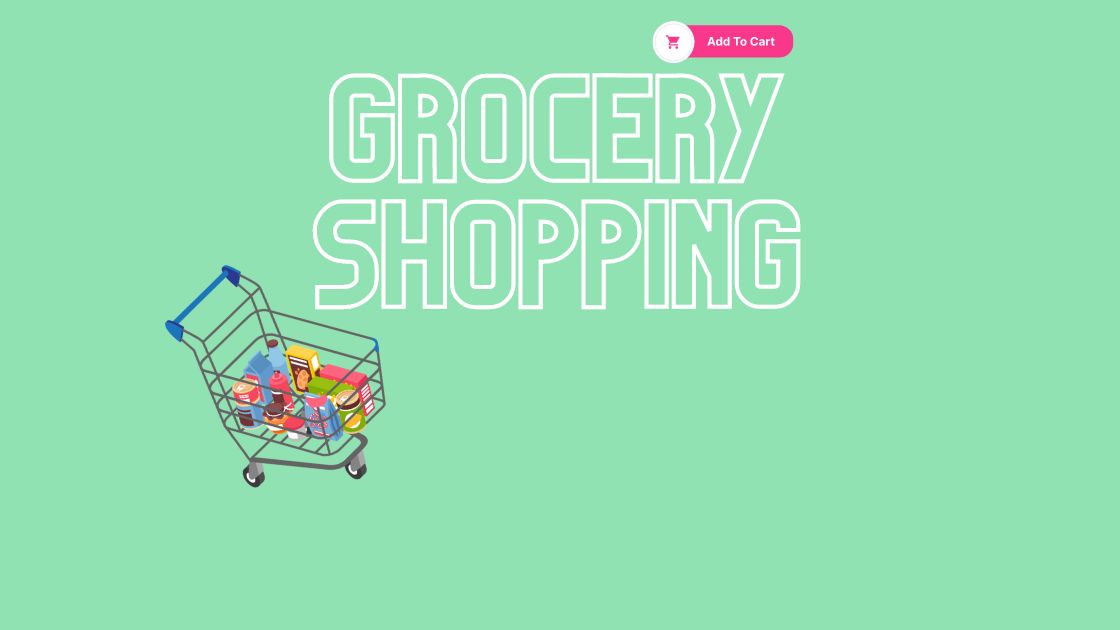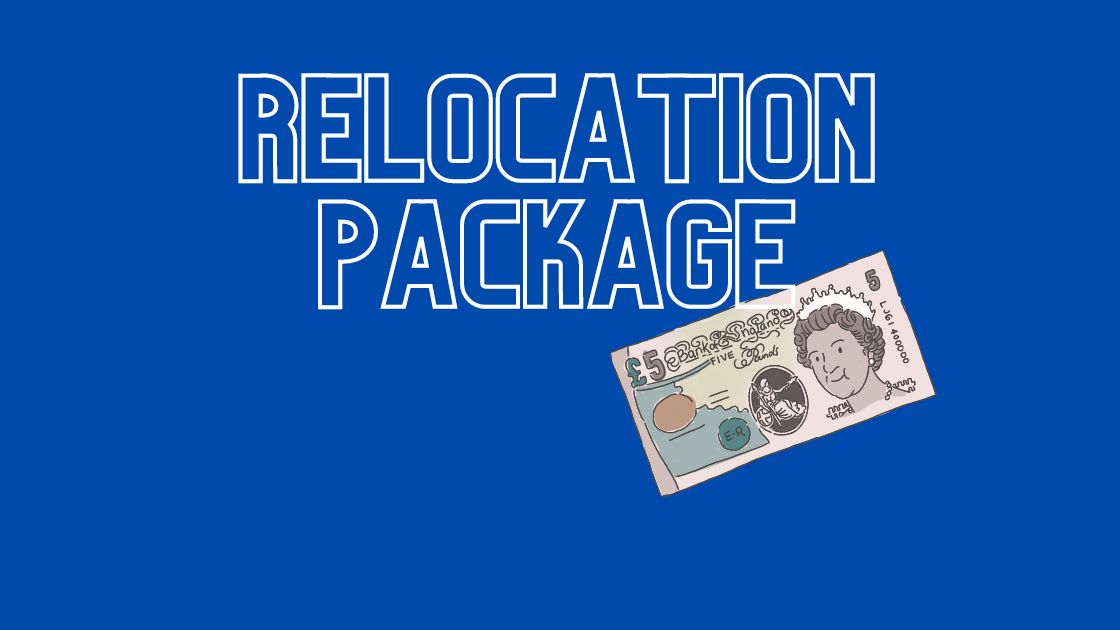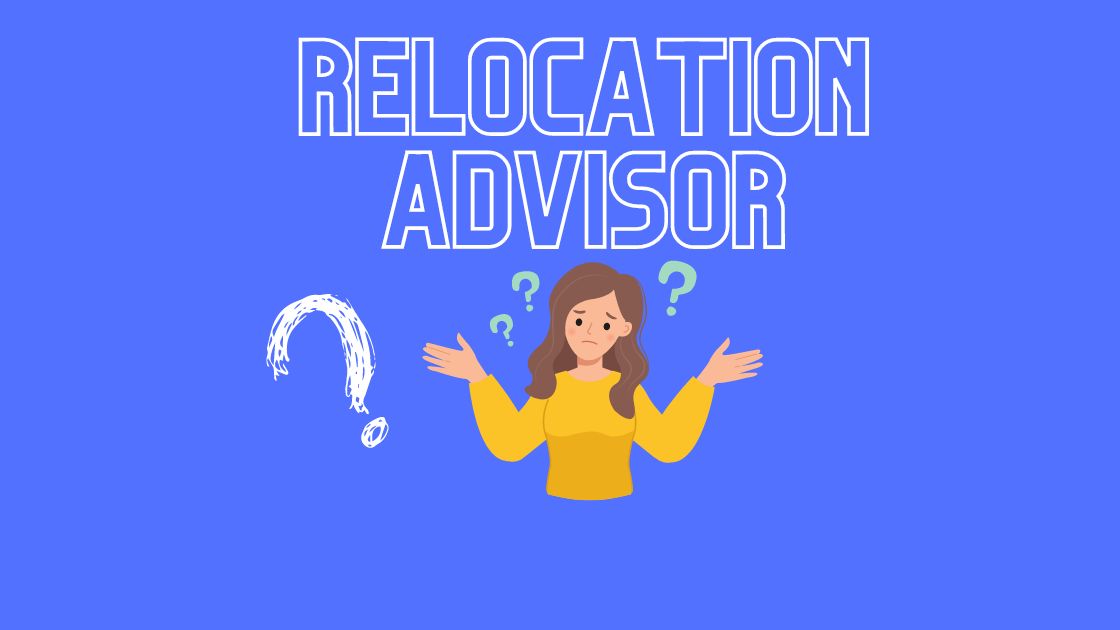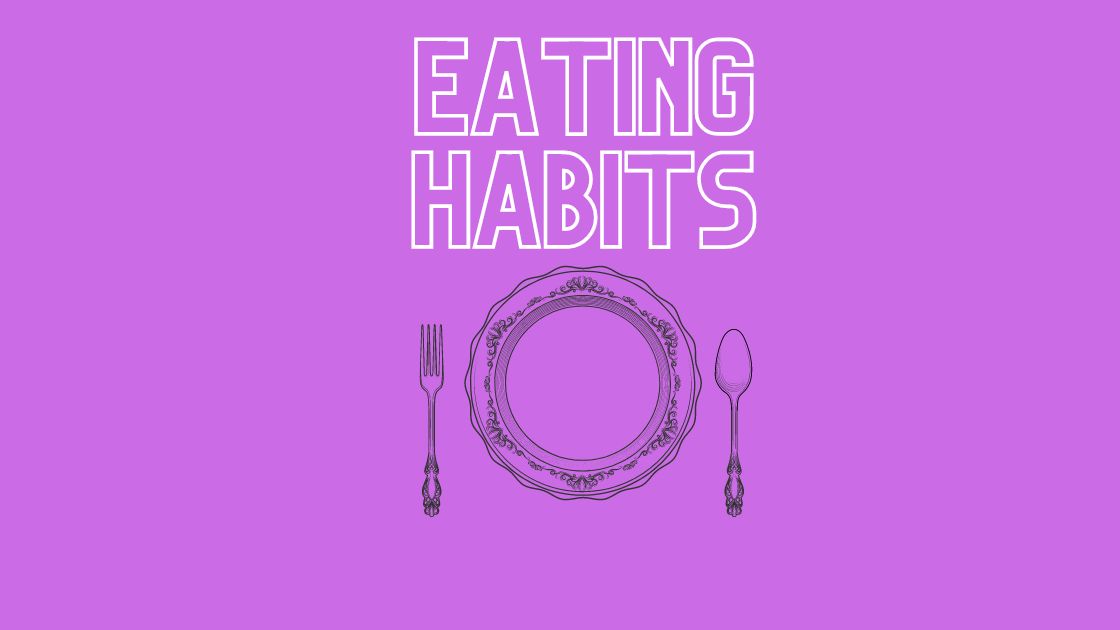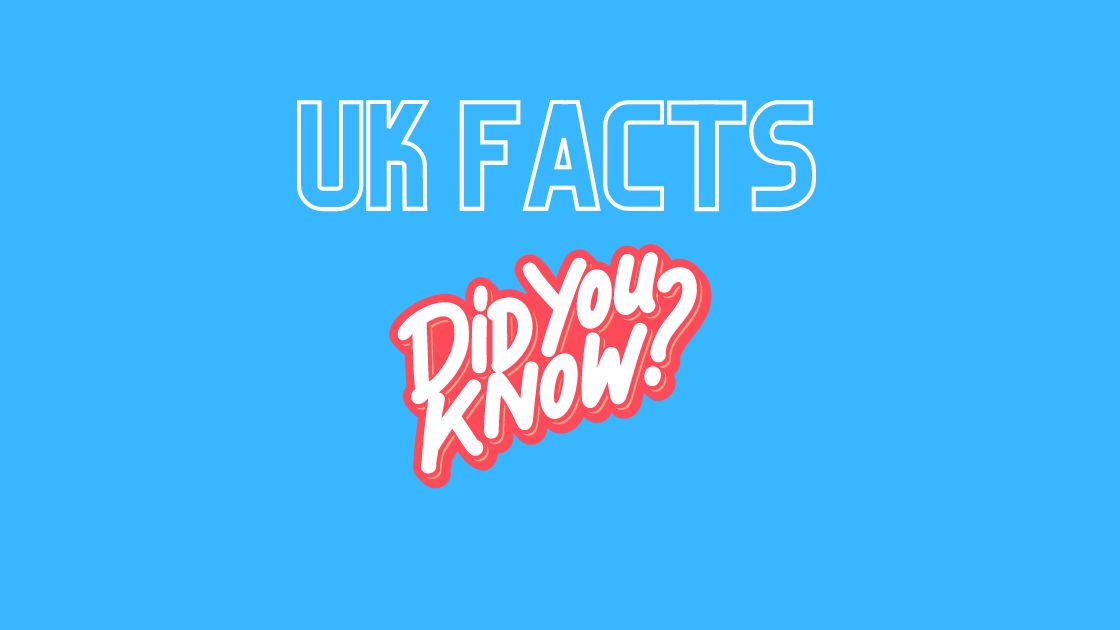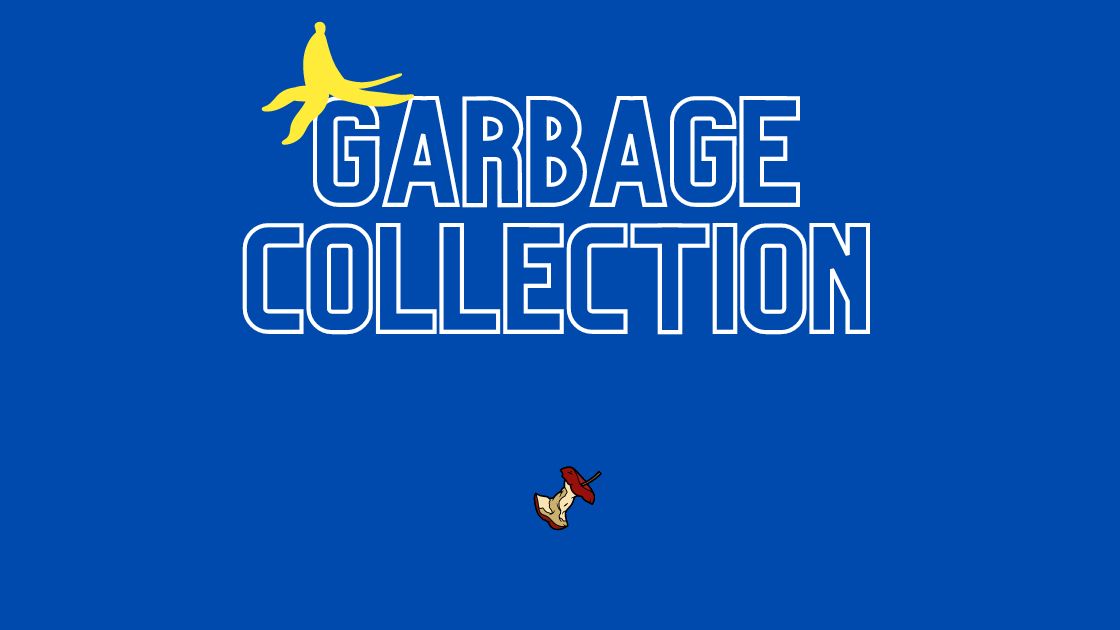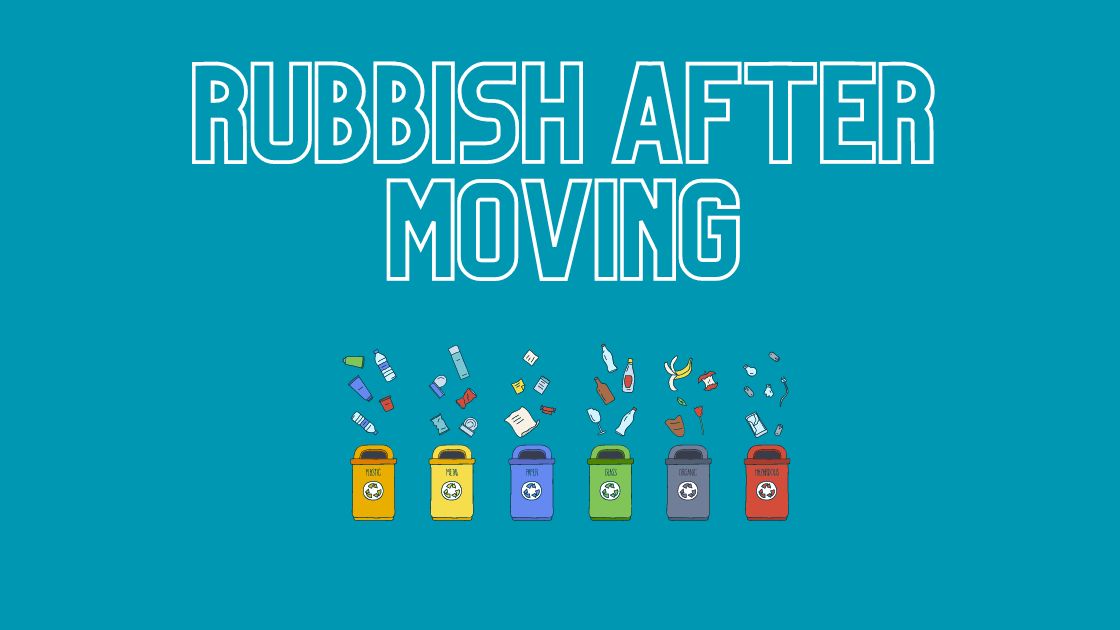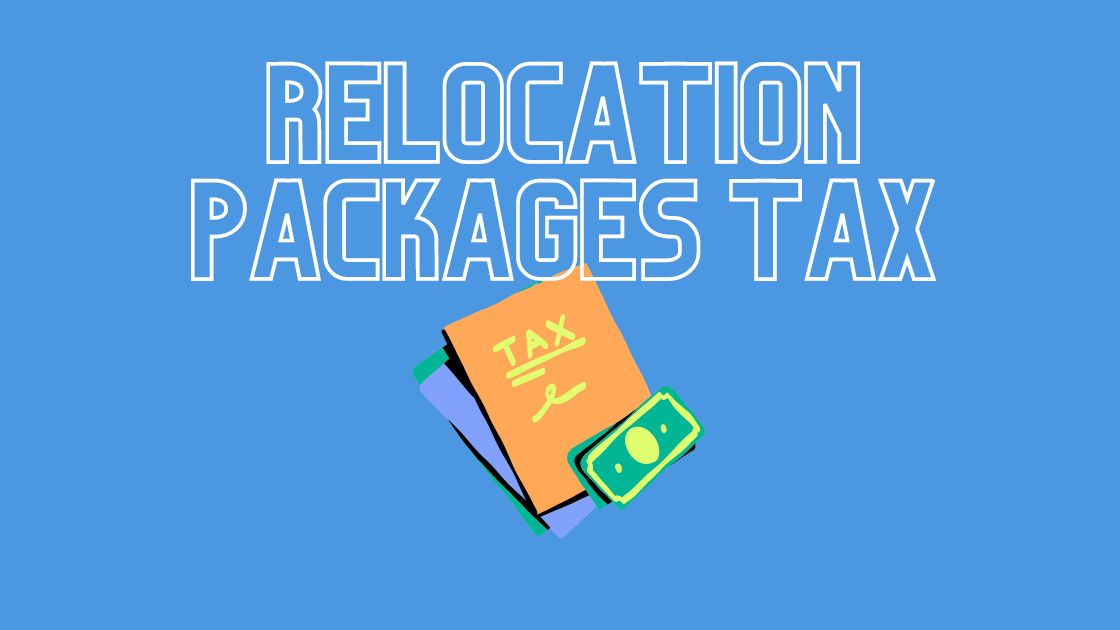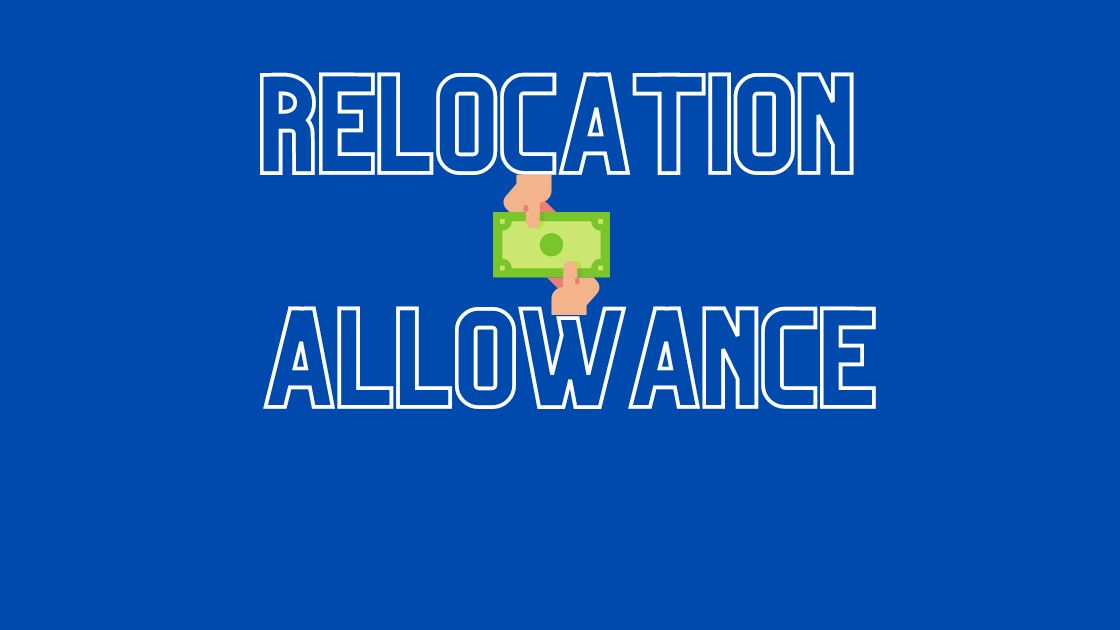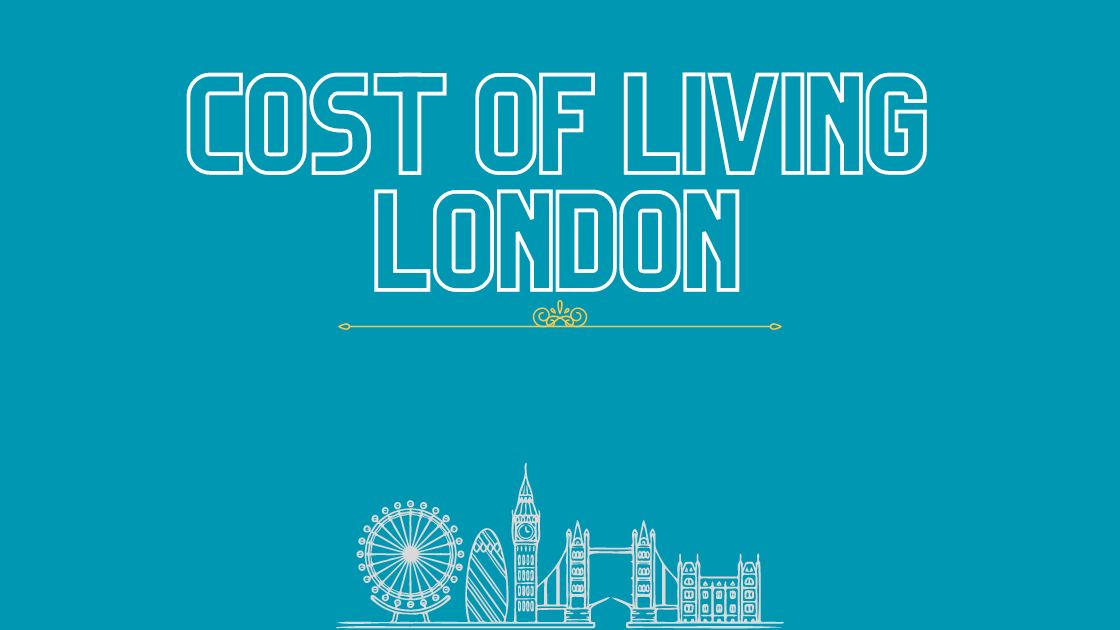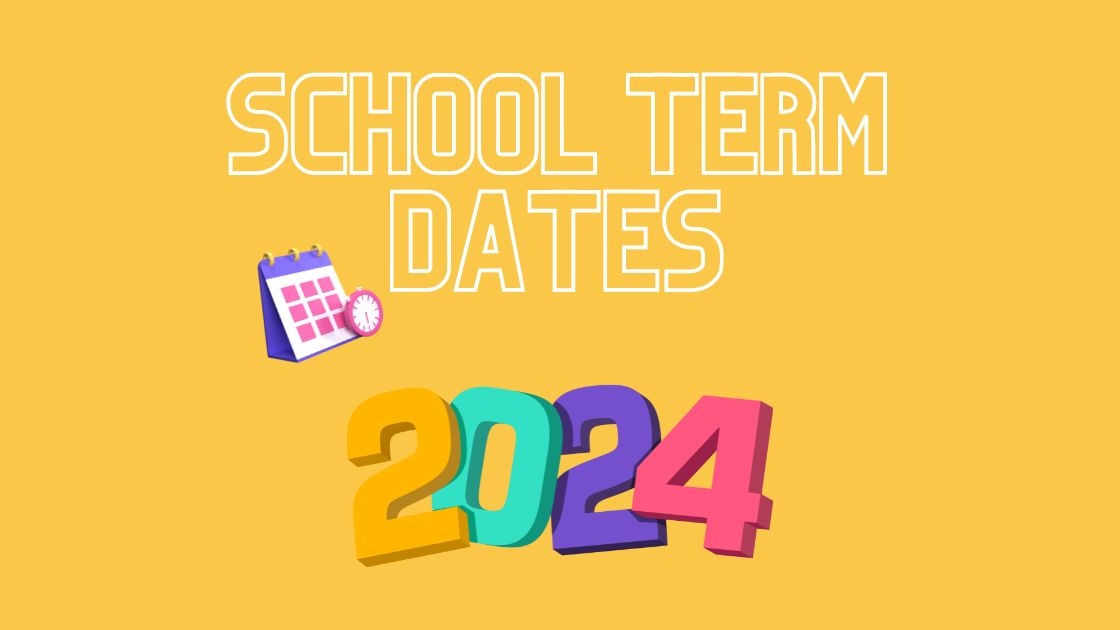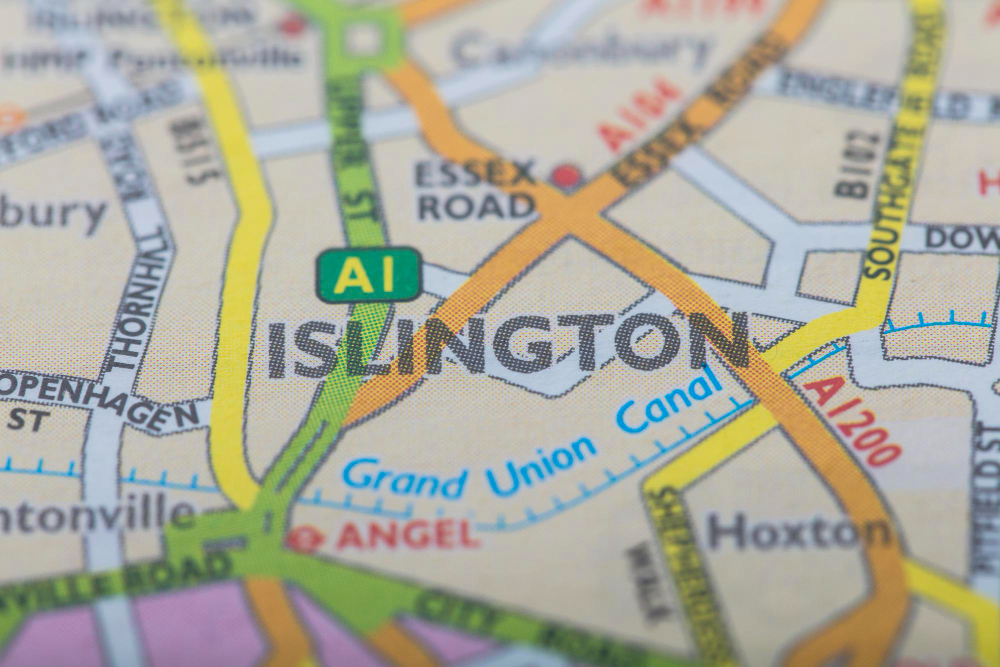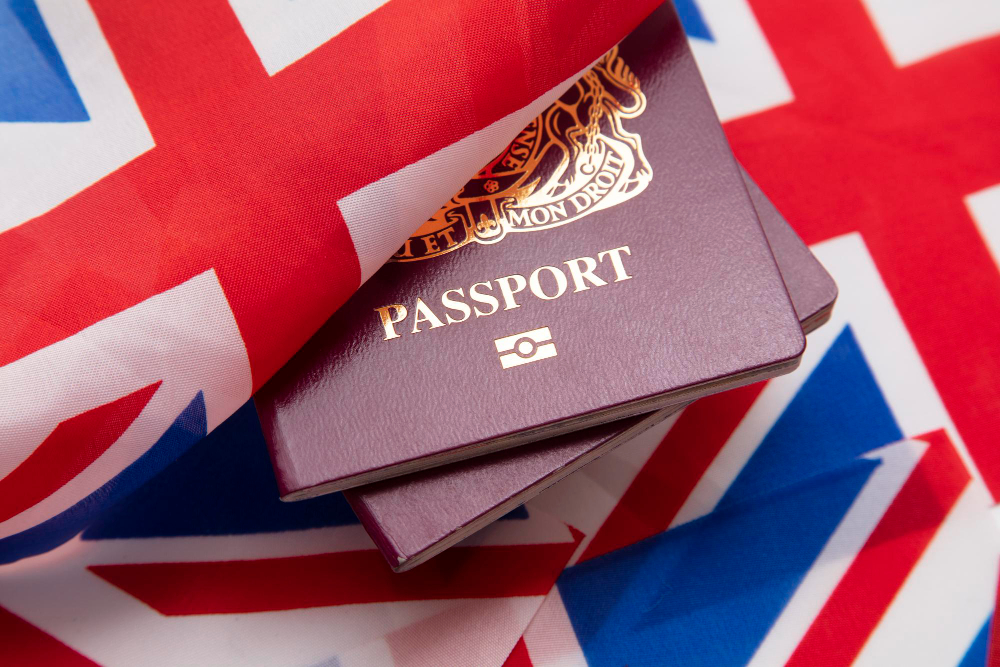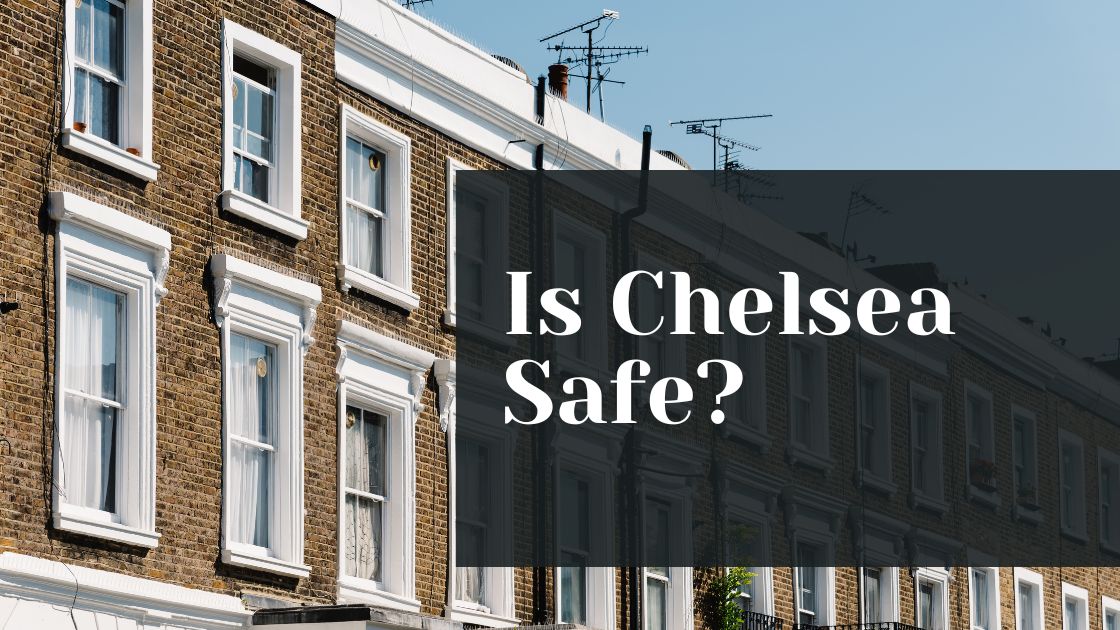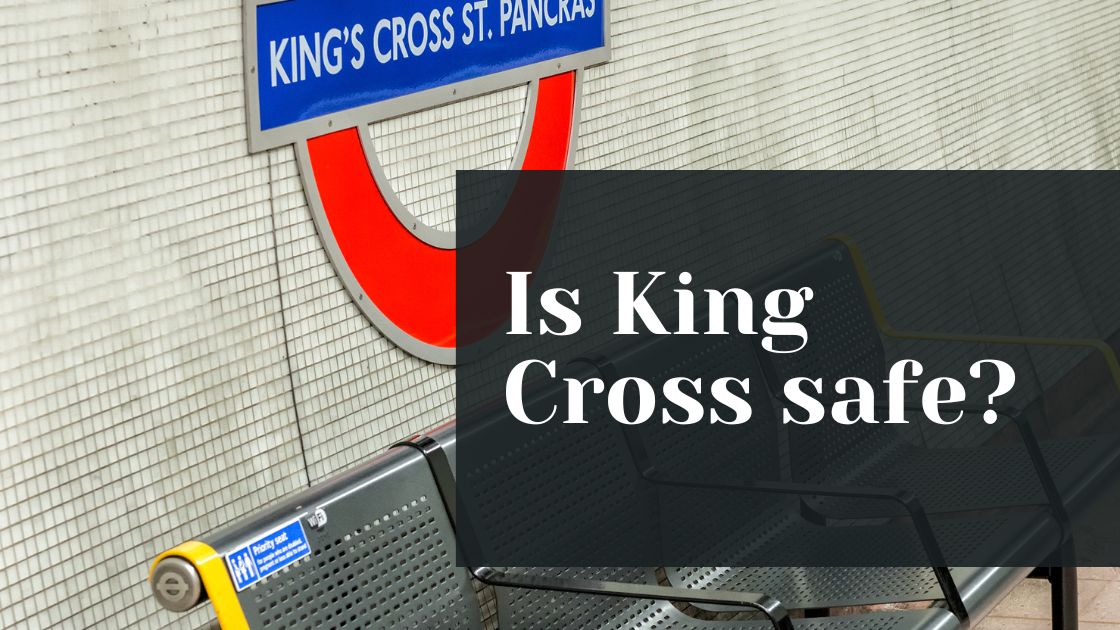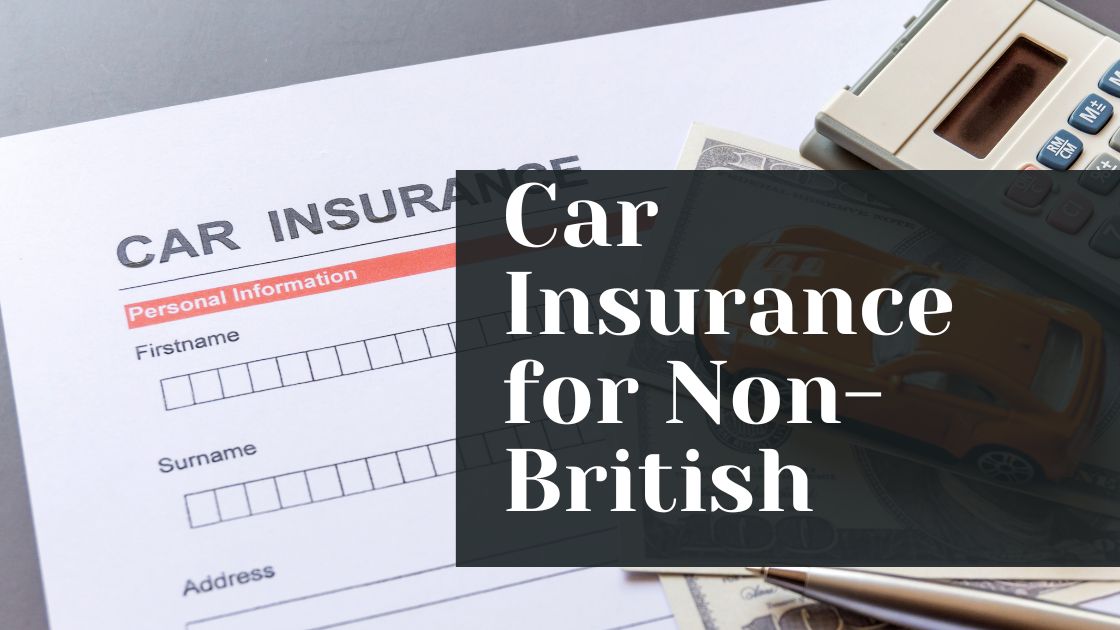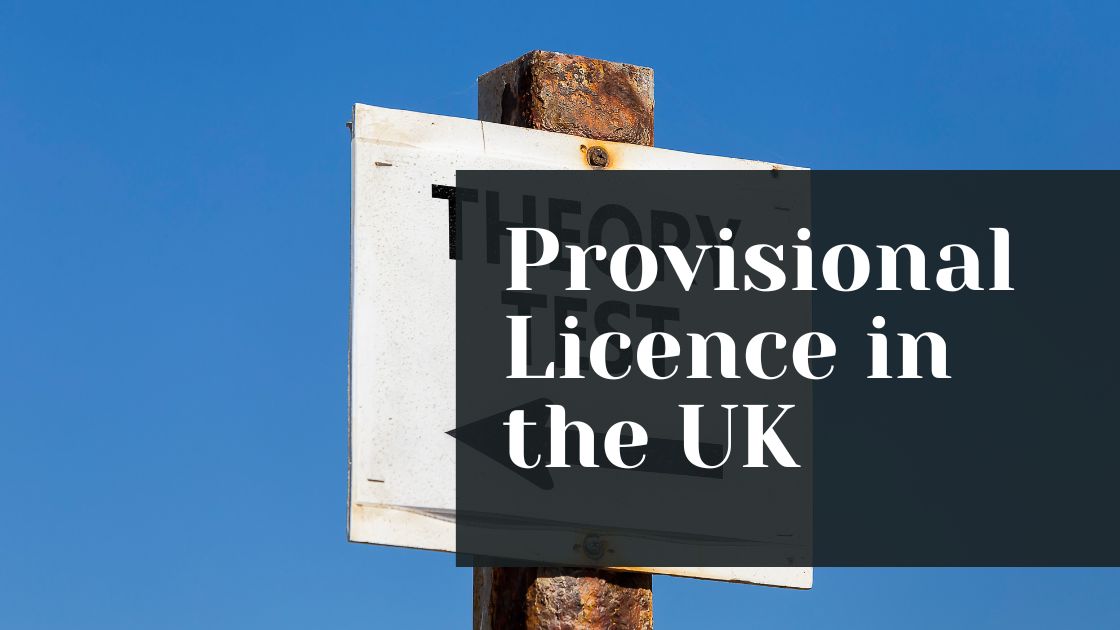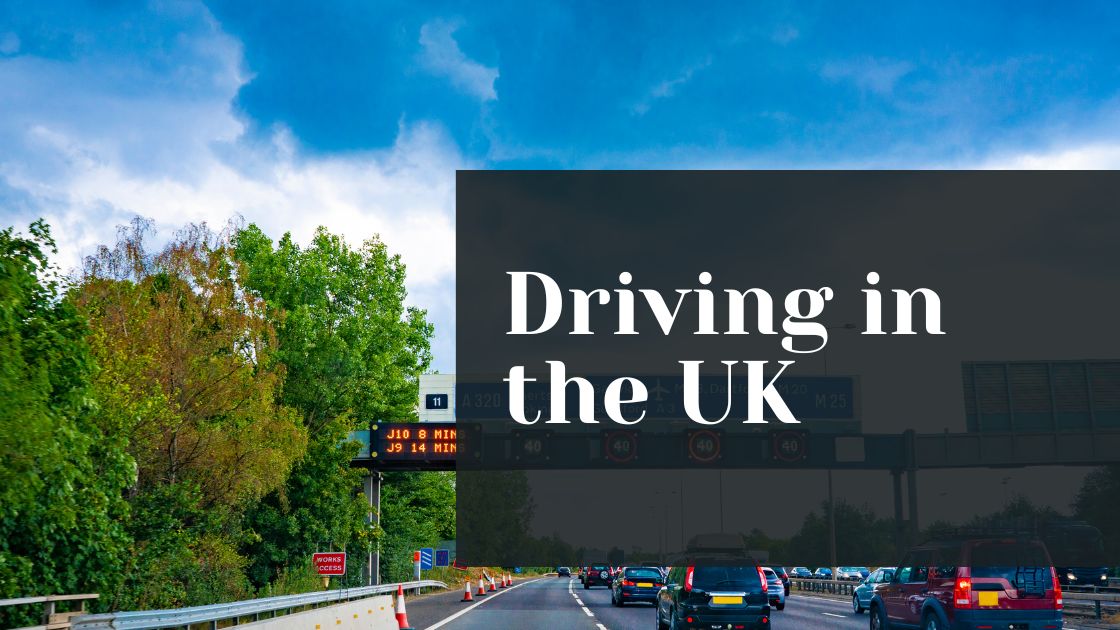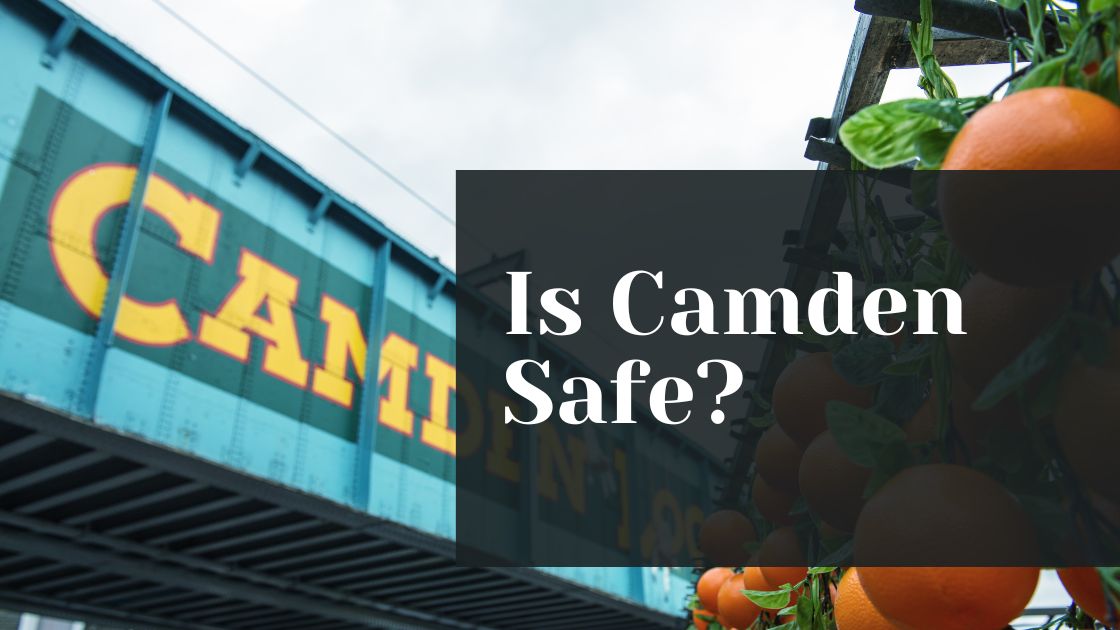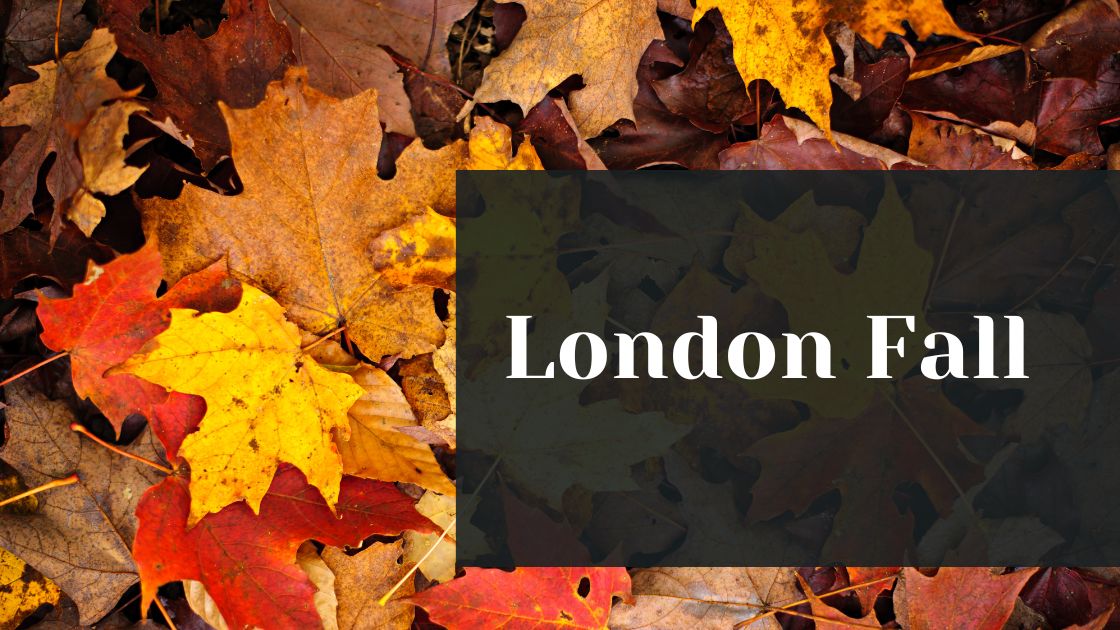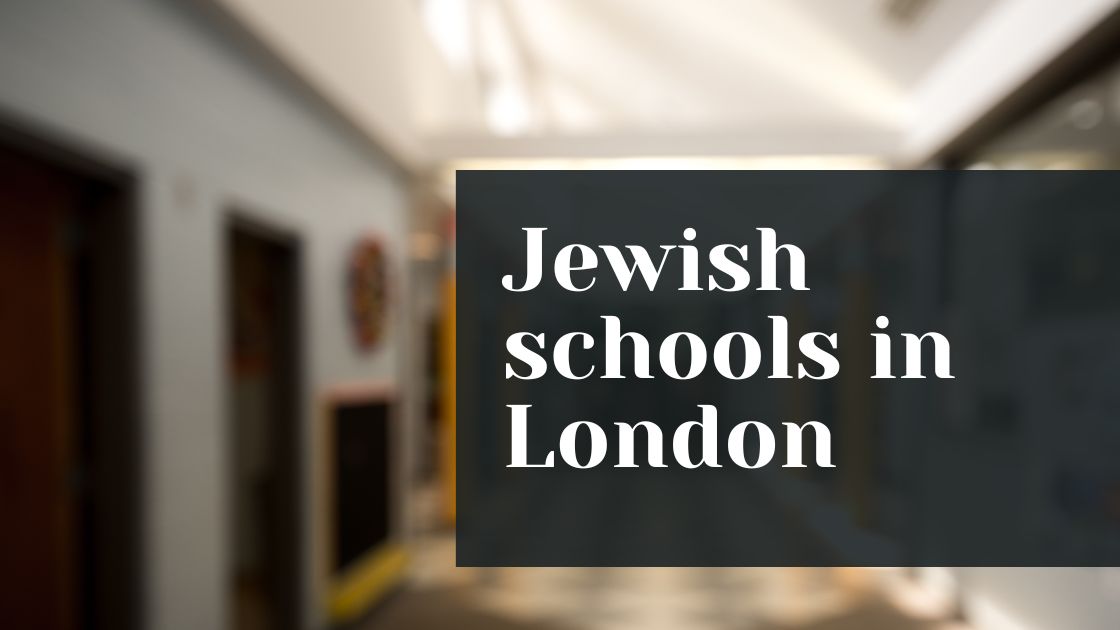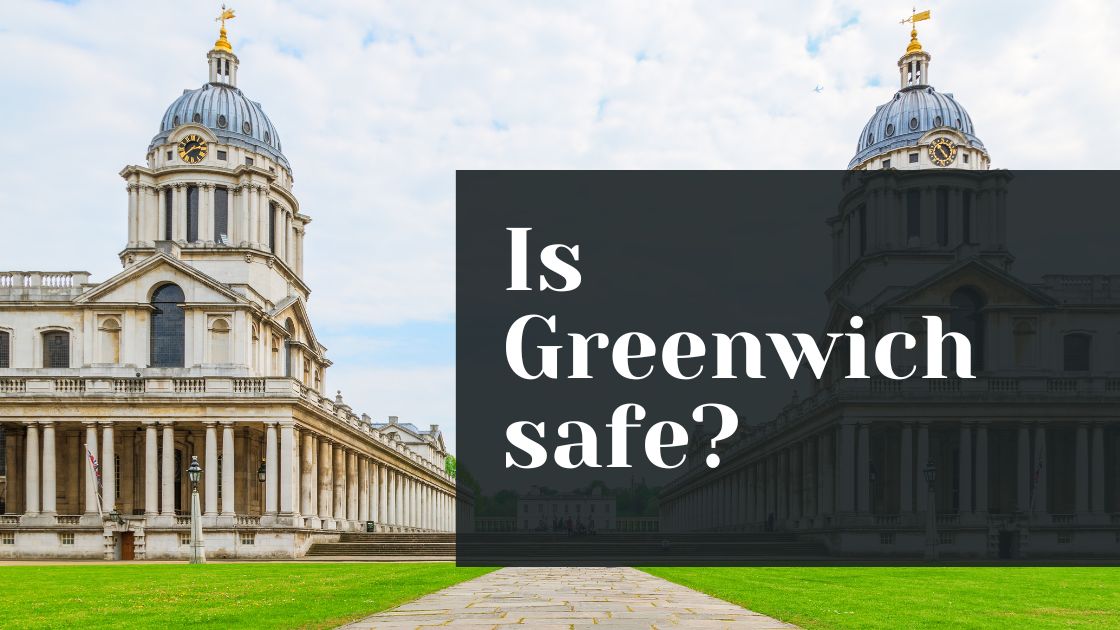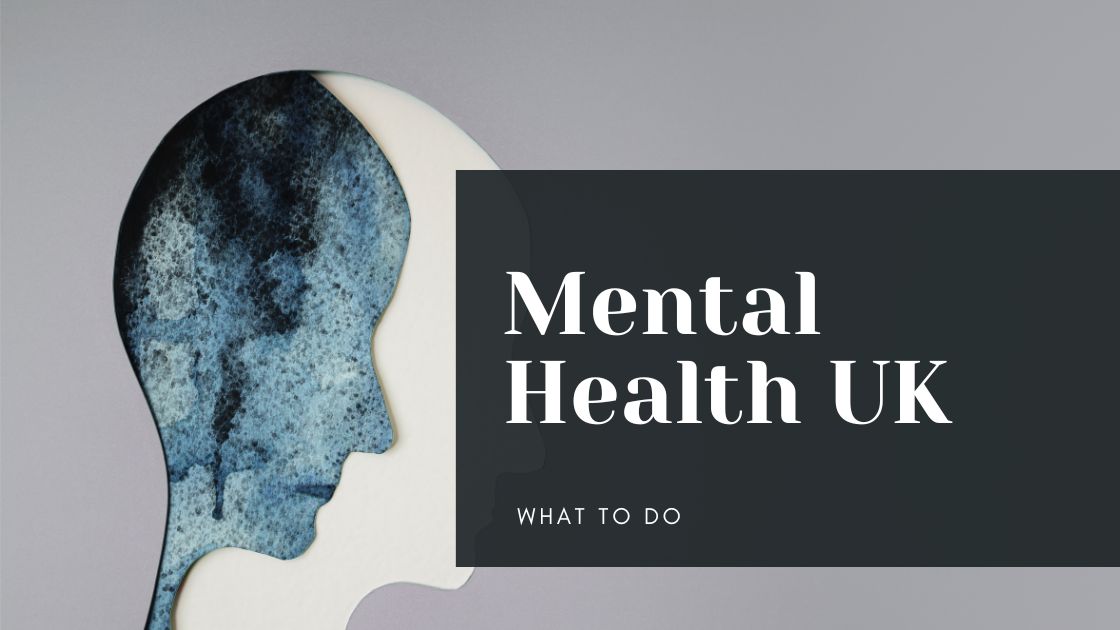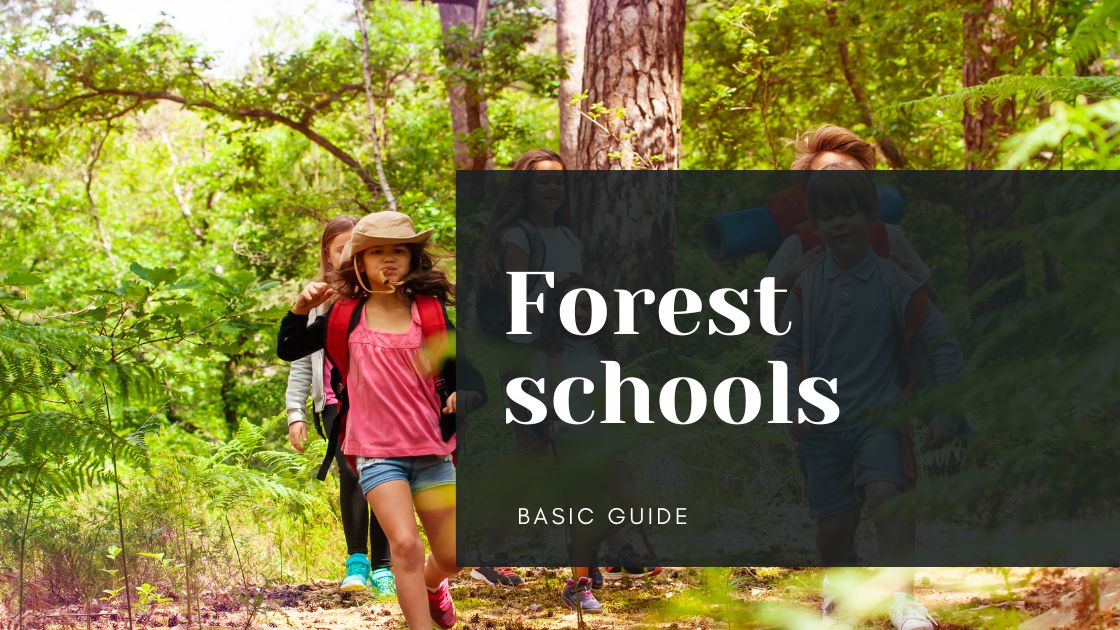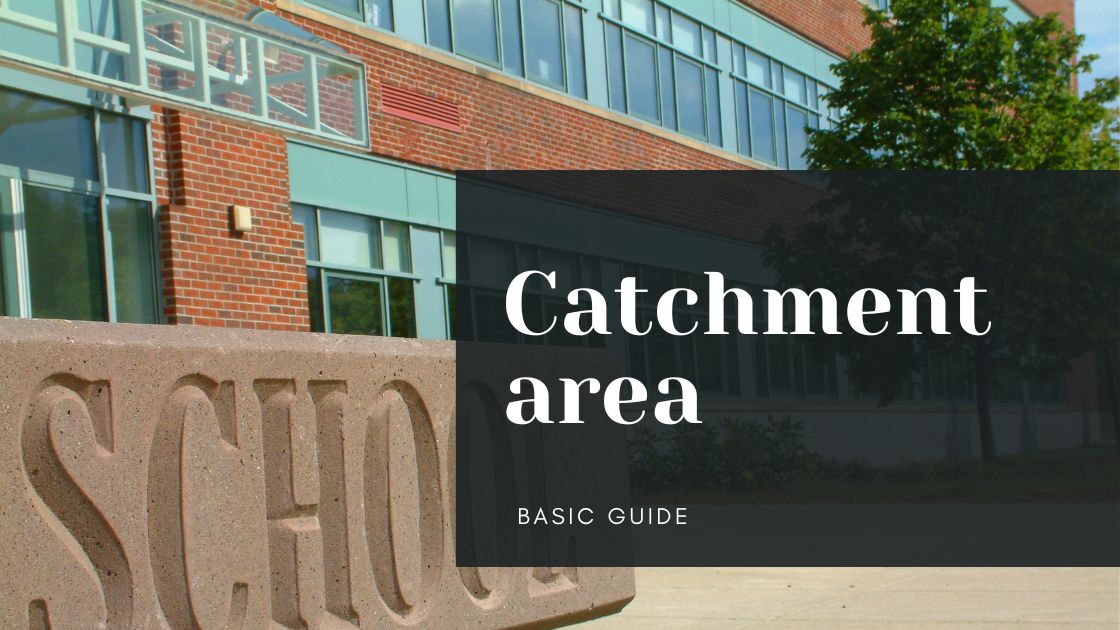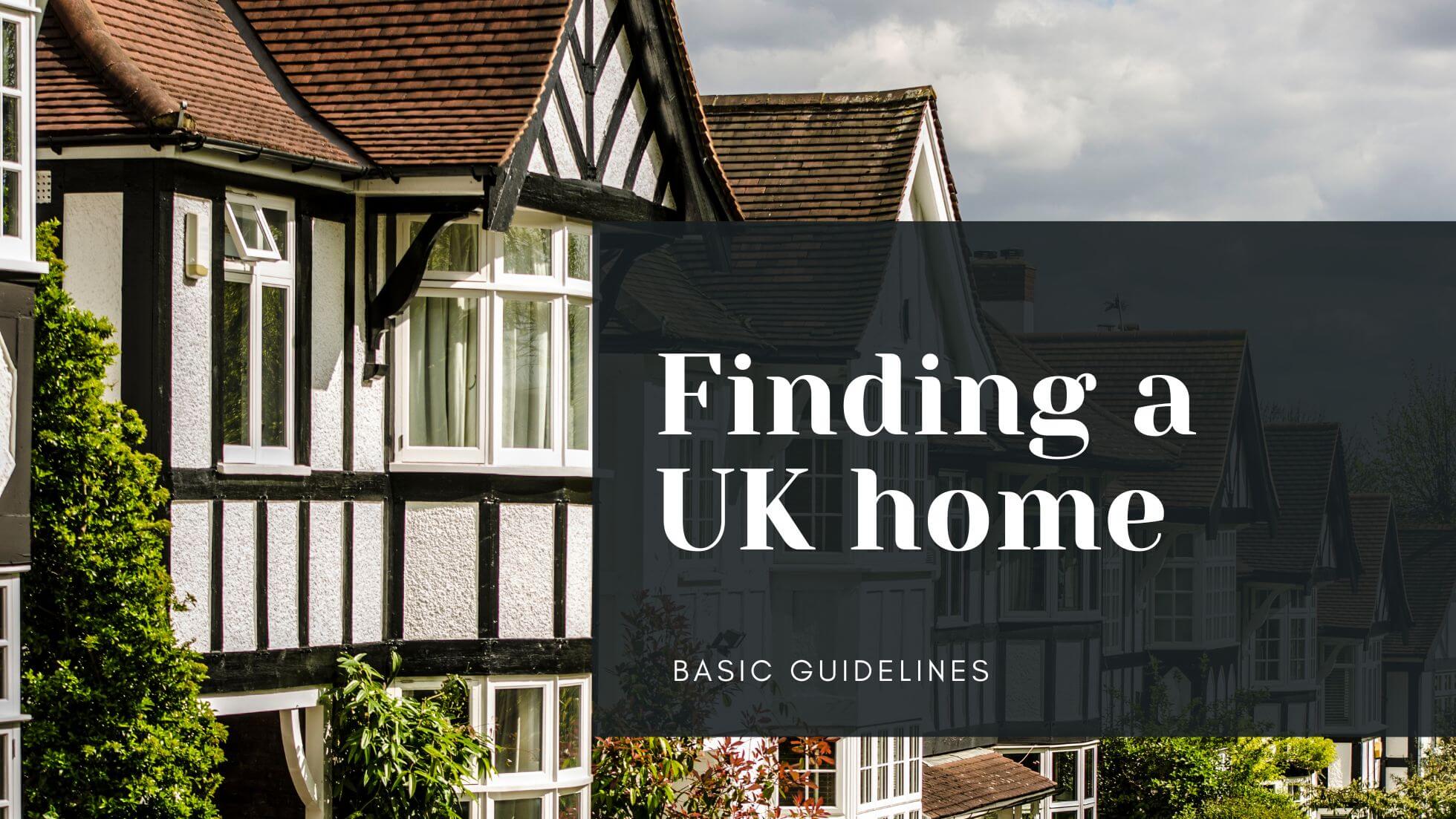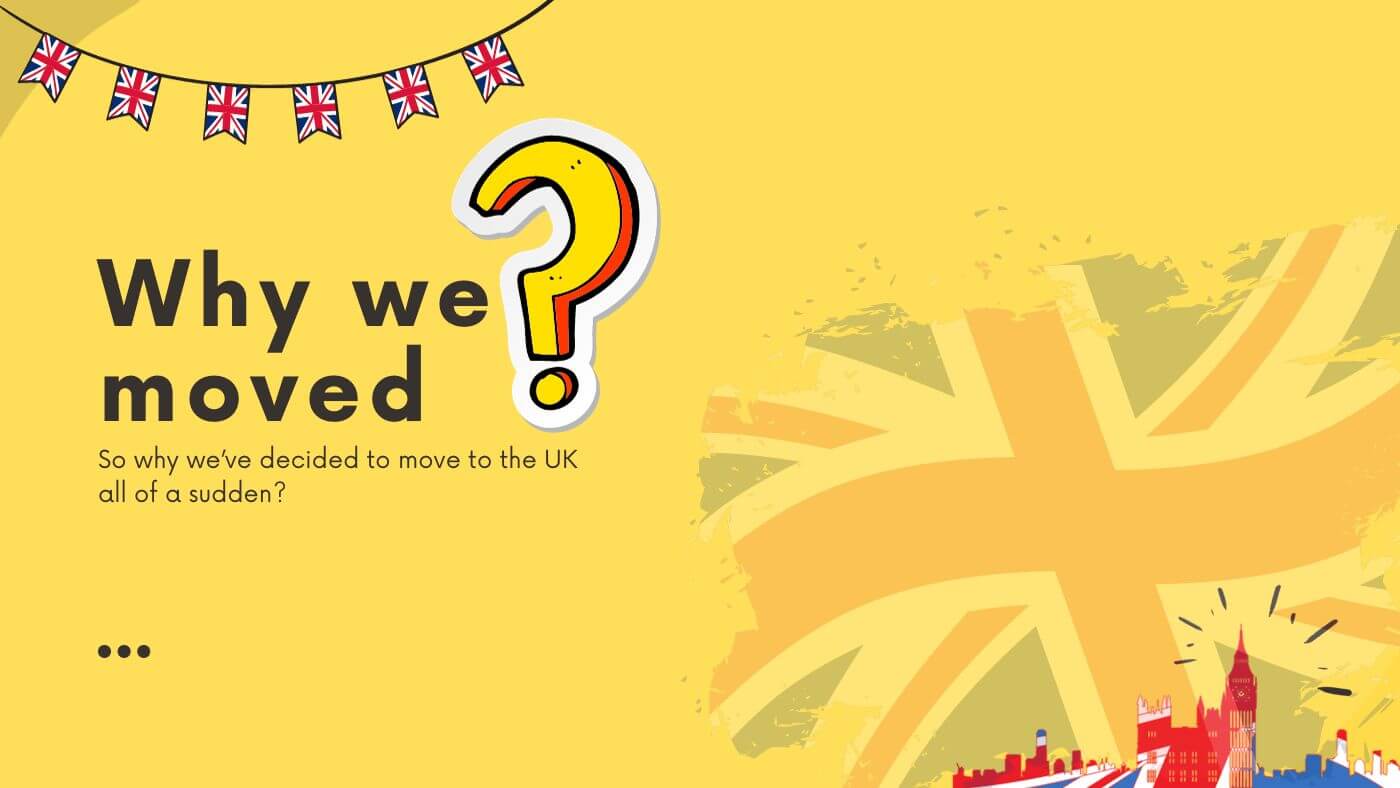The UK education system can seem complicated at first glance, but once you get the hang of it, you’ll see it’s pretty straightforward. From the early years in the nursery right up to secondary school, your kids will be in a system that supports diverse learning paths and emphasises academic and personal development.
In this article, we’ll review the basics of the UK education system, focusing on what you need to know up to the secondary level. The goal is to give you a clear, no-nonsense guide to make this transition easier for you and your family. Whether your little ones are just starting or about to step into secondary school, I’ve got you covered.
How The UK Education System Is Structured
Knowing how the UK education system is set up will give you a pretty solid idea of what your kids will go through from their toddler years up to becoming teenagers. In the UK, this path is split into several key stages, starting from their earliest years and moving through to higher education. Each stage is designed to build on the knowledge and skills acquired in the previous one, ensuring a well-rounded education.
Early Years Foundation Stage (ages 2-5)
For your little ones aged between 2 and 5, the EYFS is their starting block. This period is all about learning through play, which helps them develop essential skills in a fun and engaging way. Think of it as laying the groundwork for their future learning journey.
Primary Education (ages 5-11)
Once they hit 5, they move into primary education, which is split into:
- Key Stage 1 (ages 5-7): They start to build on those foundational skills in reading, writing, and mathematics.
- Key Stage 2 (ages 7-11): The curriculum broadens, introducing them to a broader range of subjects. The difficulty will ramp up slightly, preparing them for the leap to secondary education.
Secondary Education (ages 11-16)
At 11, your child will transition to secondary education, covering:
- Key Stage 3 (ages 11-14): This stage broadens their horizons further, exposing them to various subjects, from the sciences and humanities to arts and technology. It’s time for them to start thinking about their interests and what they want to pursue in the future.
- Key Stage 4 (ages 14-16): These two years are critical as they focus heavily on preparing for the exams that are a part of the General Certificate of Secondary Education, which is a big deal in the UK education system. They’re not just tests – they’re passports to A-levels, vocational qualifications, or apprenticeships.
Starting Early: Nursery and Reception Years
Early education in the UK is split into two key phases: nursery and reception. Nurseries typically welcome kids from around three years old, focusing on play-based learning and social skills. They’ll also get a chance to develop their imagination along with their peers, which is shown to have a positive impact. It’s a gentle introduction to the world of education, where kids can start making friends and develop those all-important social skills.
Reception is the official start of compulsory education in the UK, usually around age 4. Here, the learning is more structured, though still very much designed to engage little minds through play and exploration.
How To Pick The Right Nursery
Choosing the right setting for your child isn’t just about academic standards. You must consider the environment, the staff’s approach to learning, and how they support emotional development. Also, your catchment area plays a big part in where your child can go to school, especially for reception. So, do your homework on the schools and nurseries in your area. The number of nurseries in the UK has dropped to 3088, so don’t leave this decision for the last moment, in case there is no place left for your little one.
Primary Education: What You Need to Know
During their primary education in the UK, your child will be introduced to a curriculum that will lay a solid foundation for their future learning. This stage covers subjects like Maths, English, and Science, which are taught in a way that aims to ignite a love for learning. However, the learning experience stretches beyond the traditional classroom subjects.
Extracurricular activities are pivotal in your child’s development, offering them a chance to develop new skills, discover personal interests, and build essential social skills. These activities, ranging from sports to music and art clubs, provide a well-rounded education, encouraging your child to grow in confidence and resilience.
Choosing the Right Primary School
The school’s location is essential, not just for convenience but also to ensure your child feels like a part of the local community. If you look closer at the school’s Ofsted reports, you will find insight into its performance and the quality of education provided. Equally important is the school’s ethos – its values, principles, and approach to learning and community engagement.
The application and enrollment process might initially seem daunting, but your local council can provide guidance and support. They’ll walk you through the necessary steps, from choosing a school to submitting your application, making the process as smooth as possible for you and your family.
Jewish Primary Schools
While the Jewish population makes up only 0.46% of the entirety of people in the UK, your child can still get a Jewish education. Unlike the regular primary schools in your borough, Jewish primary schools offer a unique blend of secular and Jewish education.
That means your child won’t only be getting the standard math, science, and English lessons, but they’ll also be immersed in learning about Jewish traditions, the Hebrew language, and Jewish history.
Each school has its admission criteria, but generally, they consider things like your family’s connection to the Jewish community, synagogue membership, and proximity to the school. Getting your application in as early as possible is a good idea, as spots can fill up quickly.
Secondary School
When your child moves from primary to secondary school, they’re stepping into Key Stages 3 and 4, where things start getting more serious academically. At this stage, they’ll encounter a broad curriculum designed to give them a well-rounded education. Subjects range from the core ones like English, Maths, and Science to others such as History, Geography, Art, and sometimes languages, depending on the school.
What Are GCSEs
At the end of Key Stage 4, students sit for their GCSEs, which is essentially the first major academic hurdle they must clear. In 2022, the number of students who took the exams was over 5 million and 77% of them passed. These exams matter because the grades can influence what A-levels they can take if they decide to continue their education or what kind of job opportunities might be available.
The Final Grade
Getting a grip on the UK education system before you move can make it easier to settle in once you’re here. It sets up your kids for a smoother start and gives you peace of mind. My advice? Don’t just sit back – get involved. Reach out to your new school, connect with local parents, and consider joining a few community groups.
Getting to know how things work over here can be a significant relief. It’s not only about making sure your kids do well in school – it’s about giving them a strong foundation in a new place, which is pretty exciting when you think about it.

